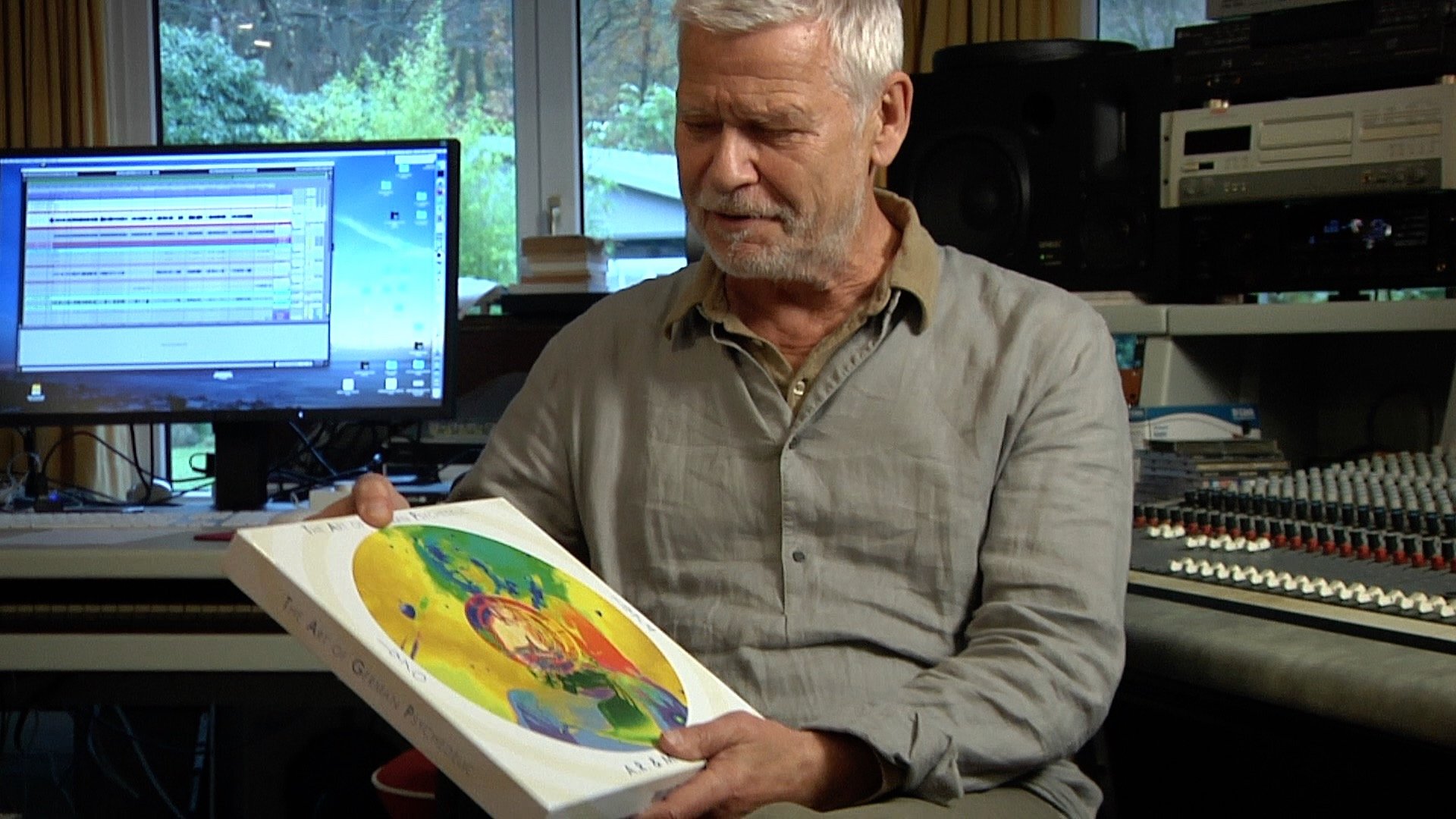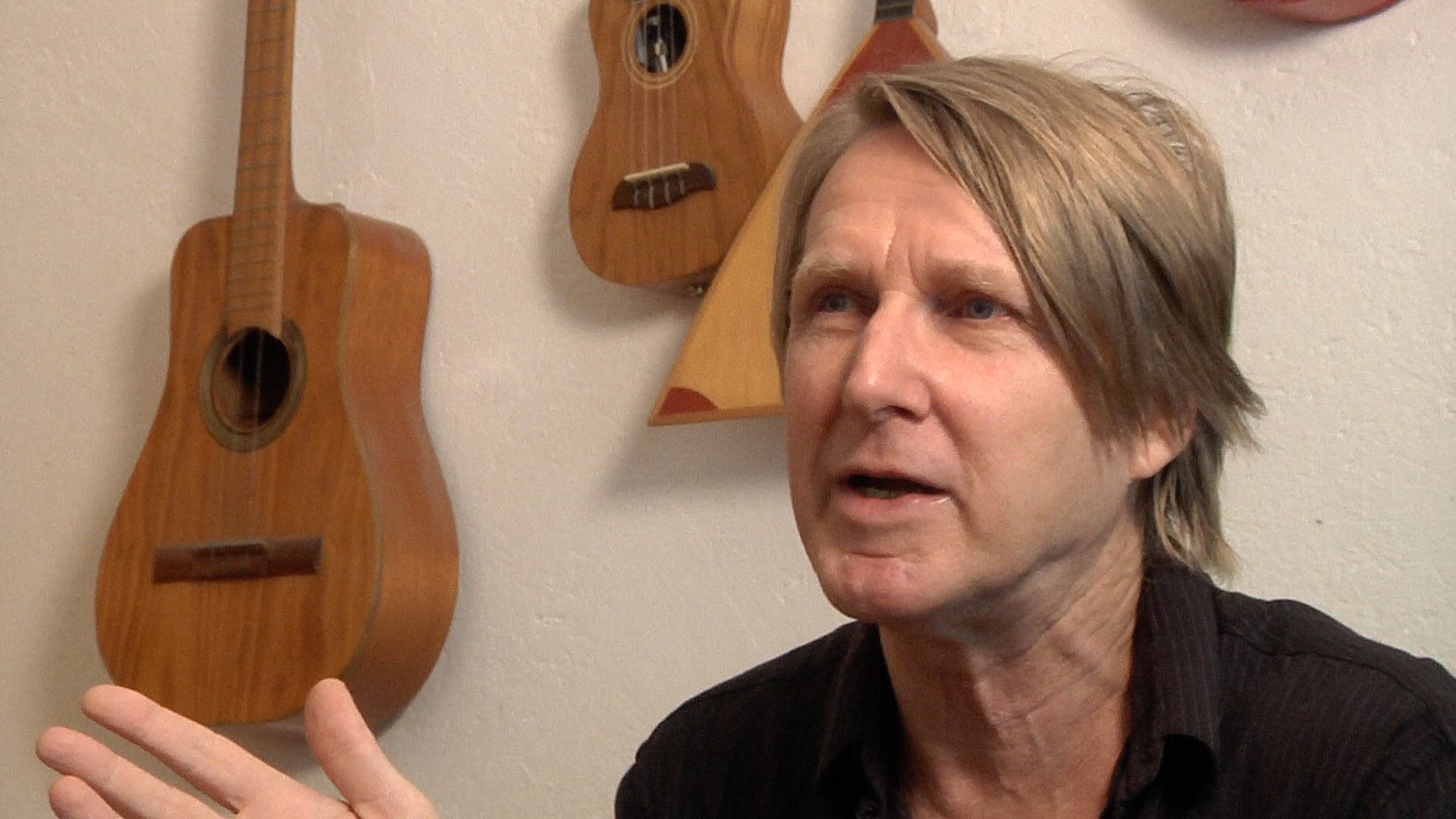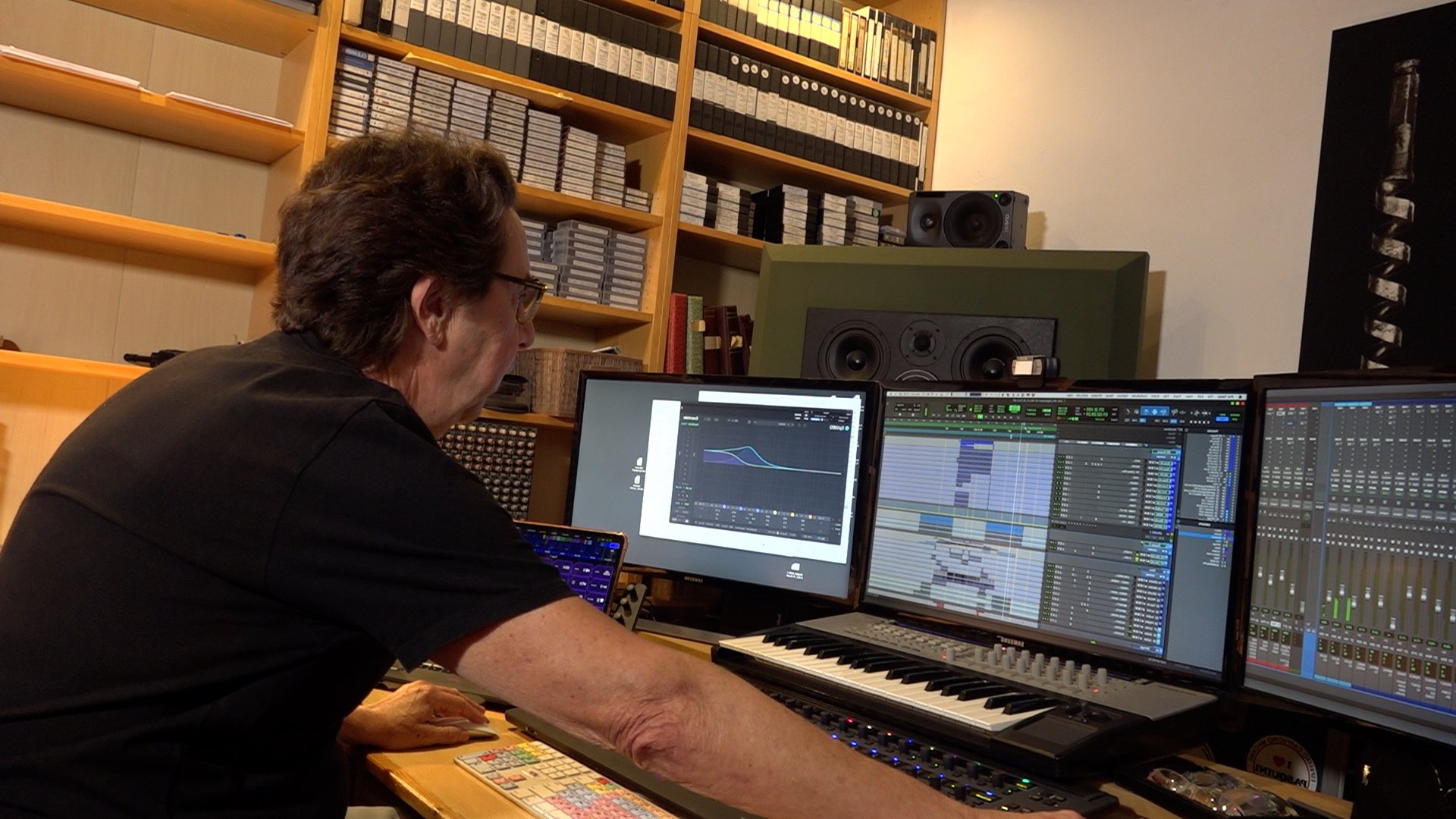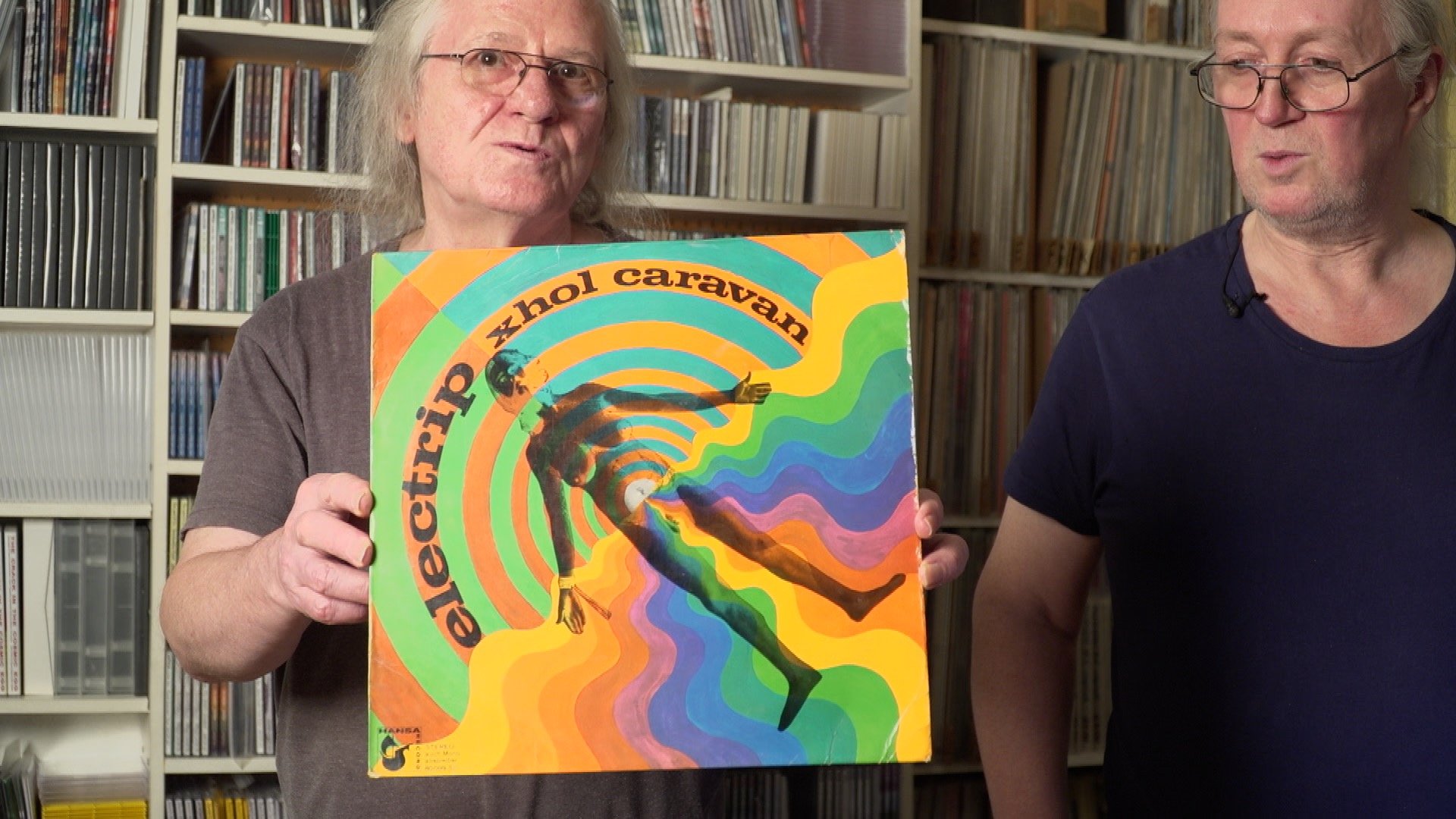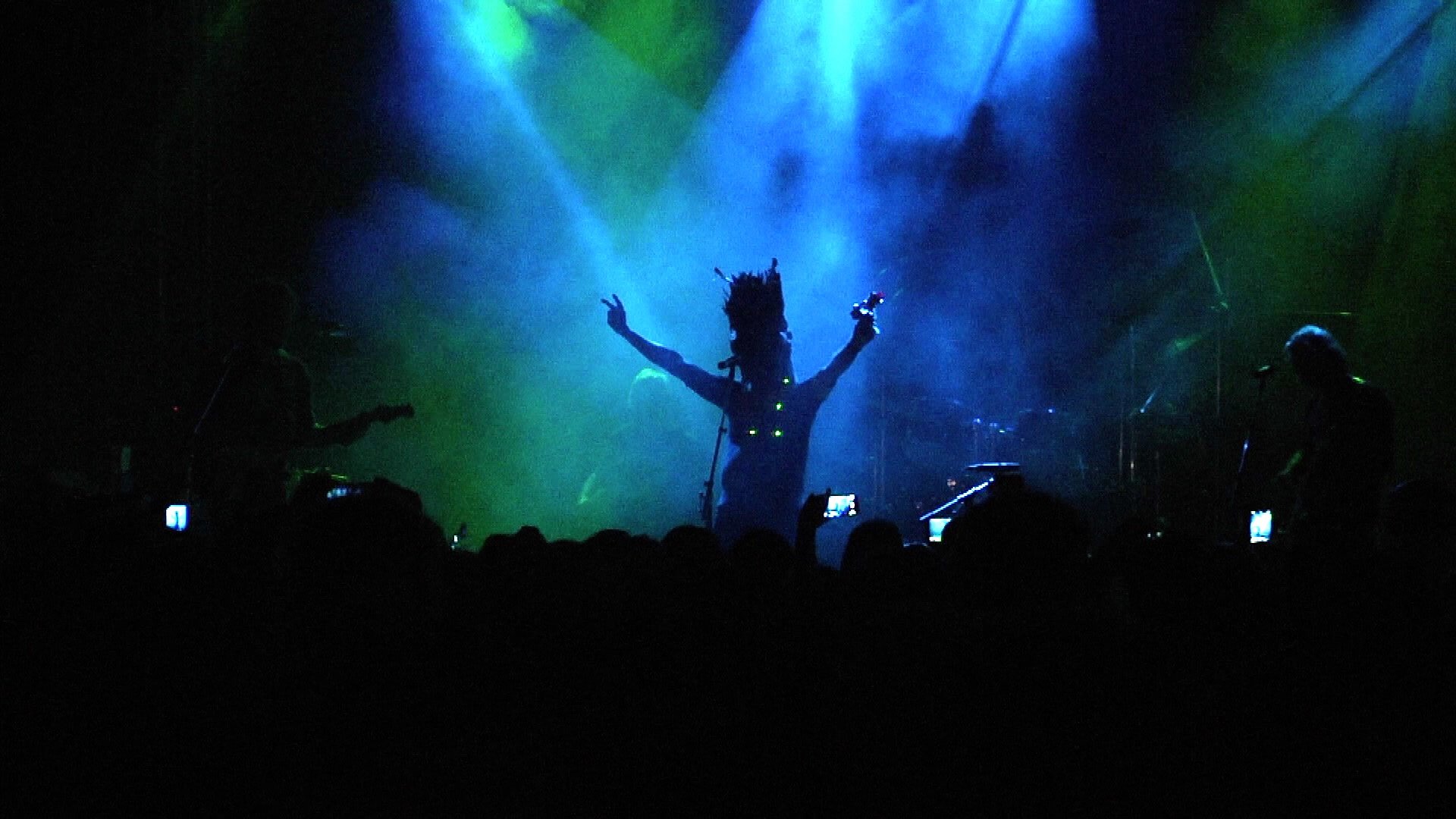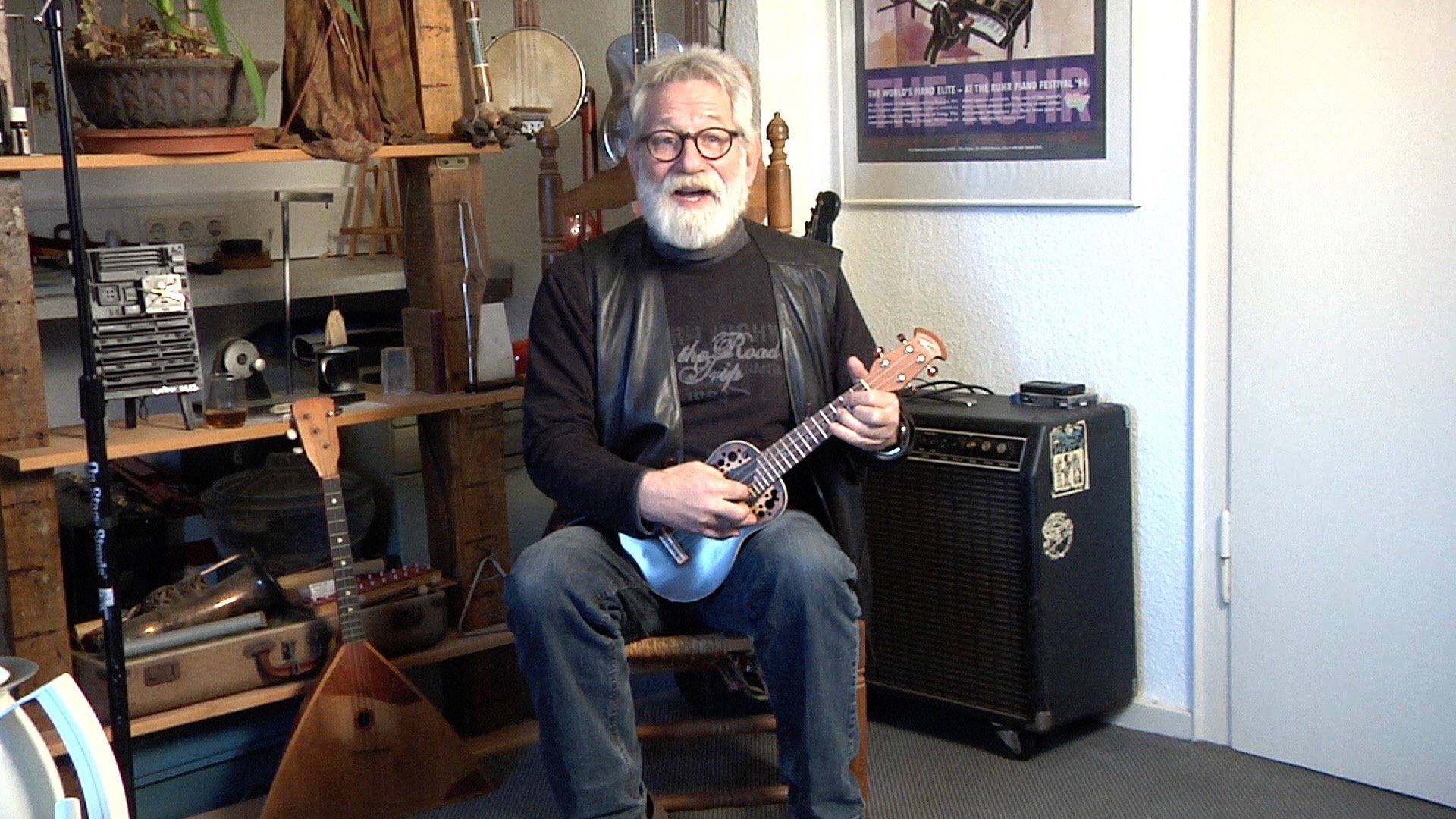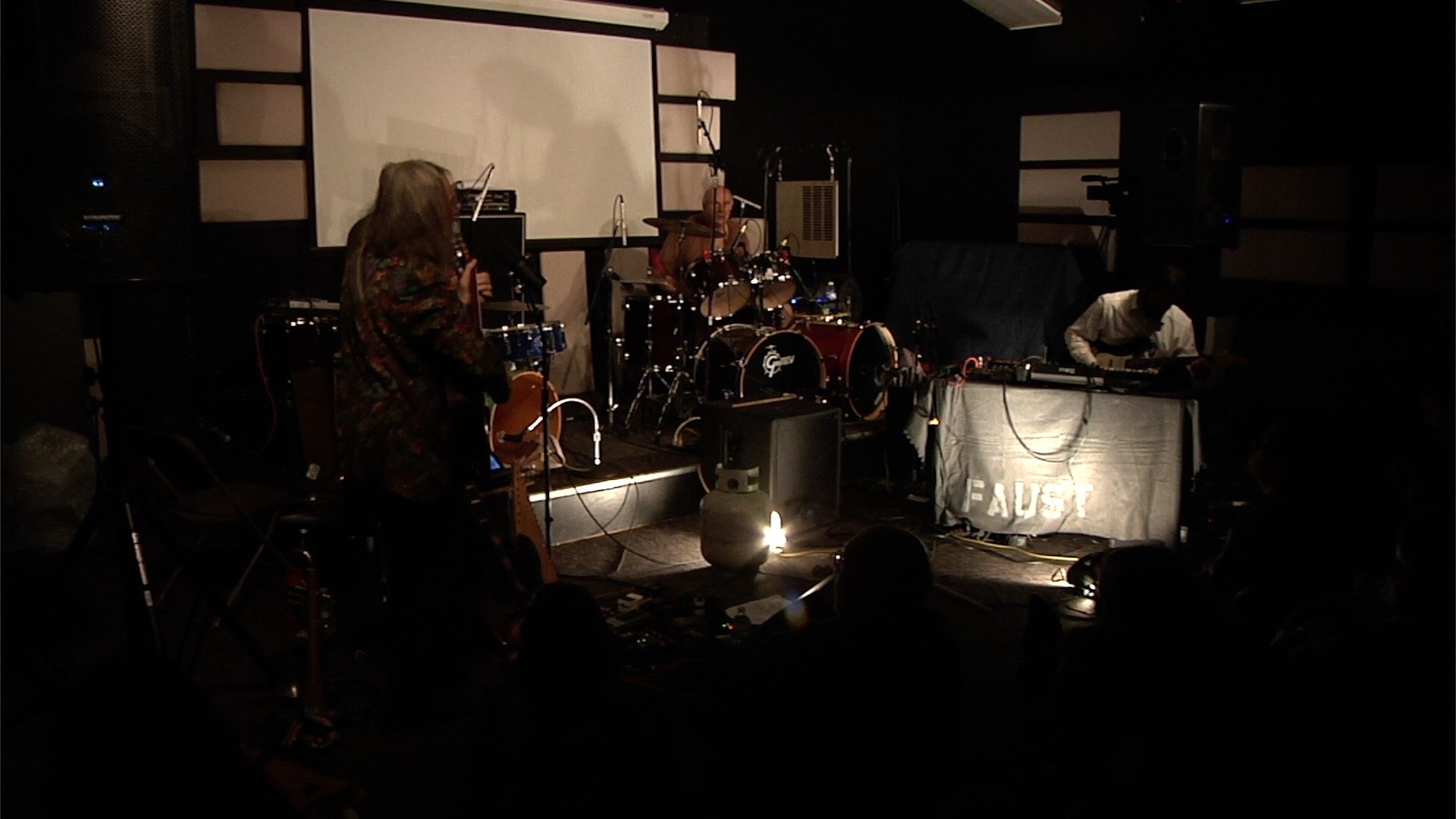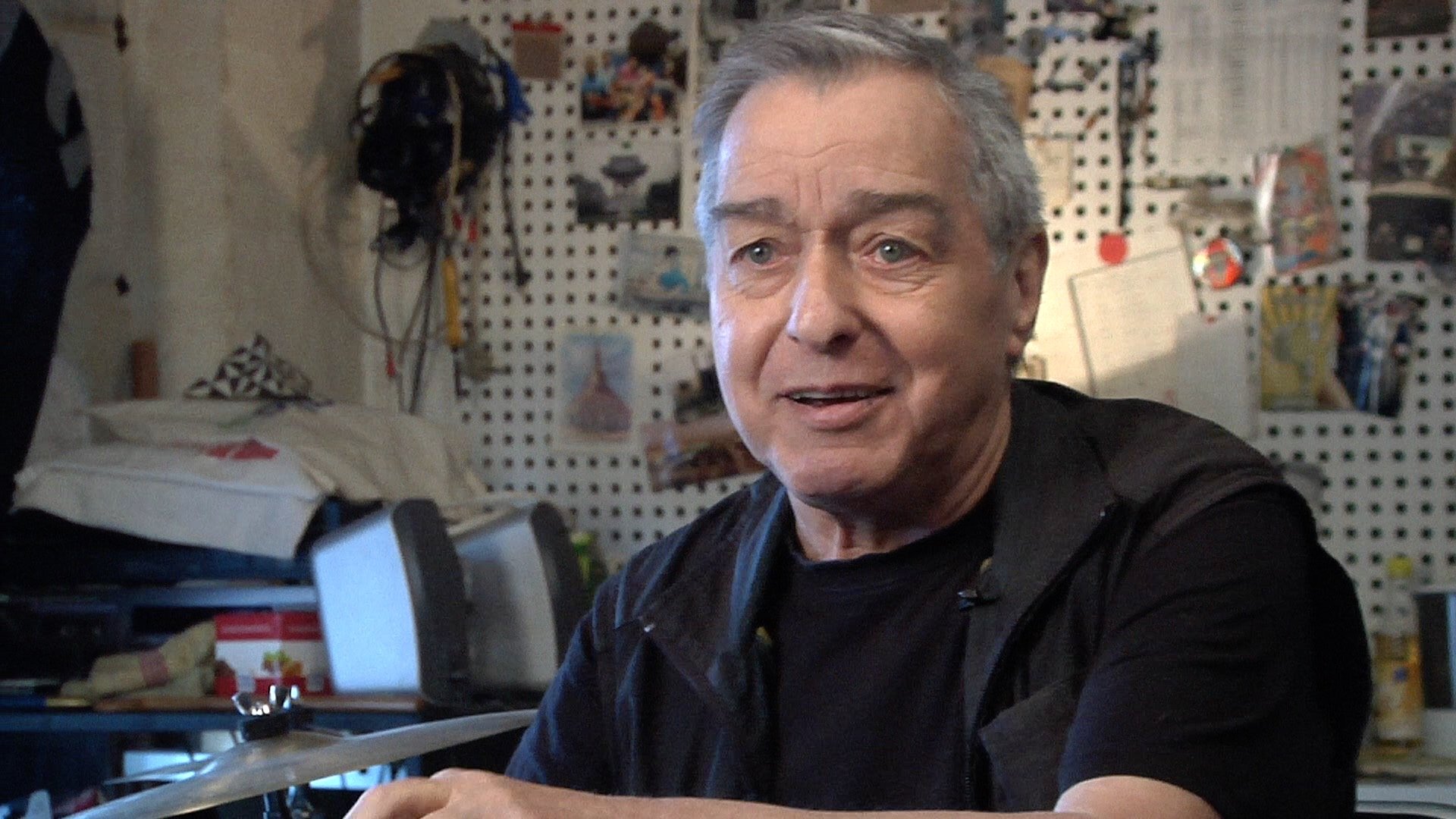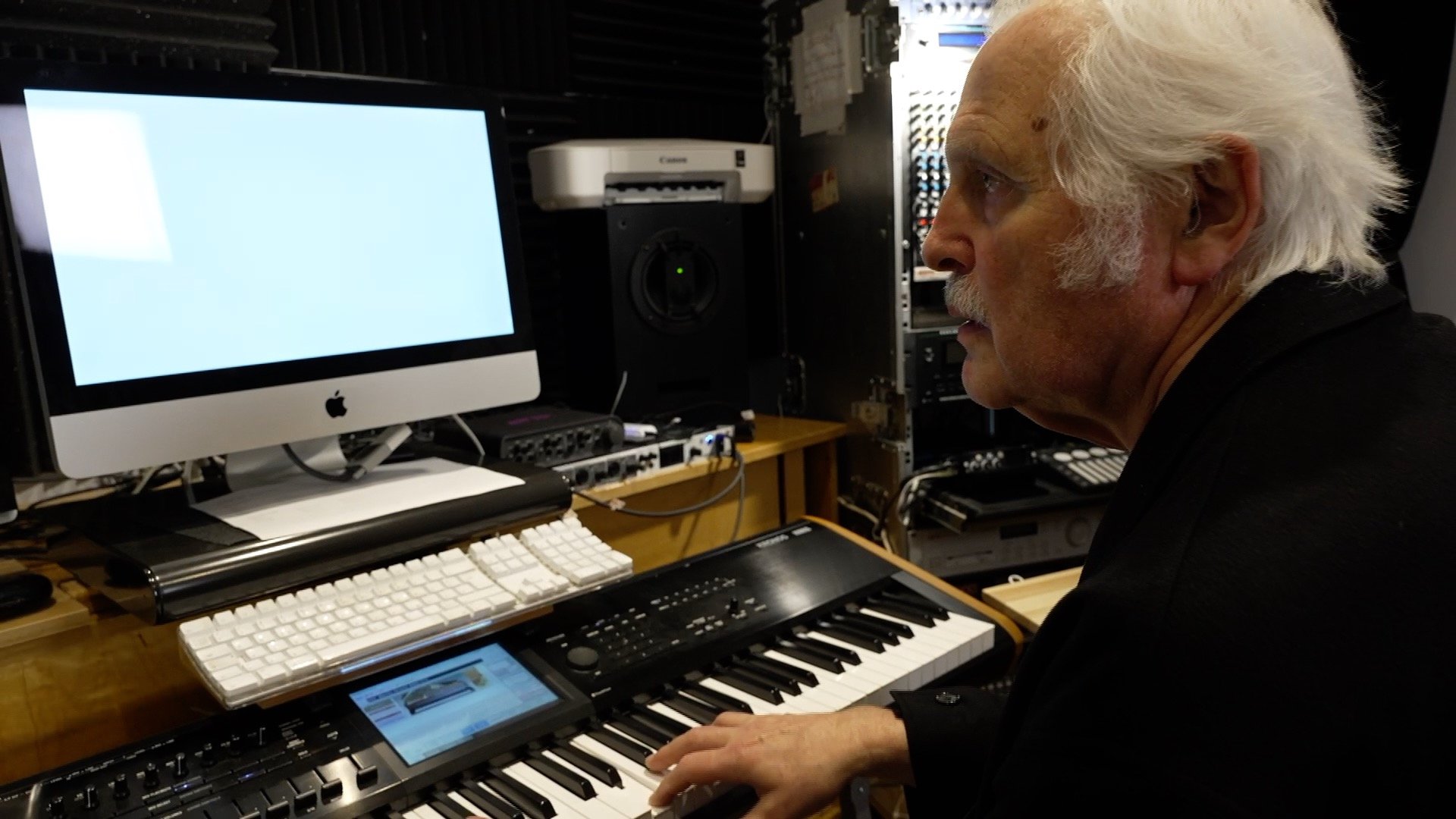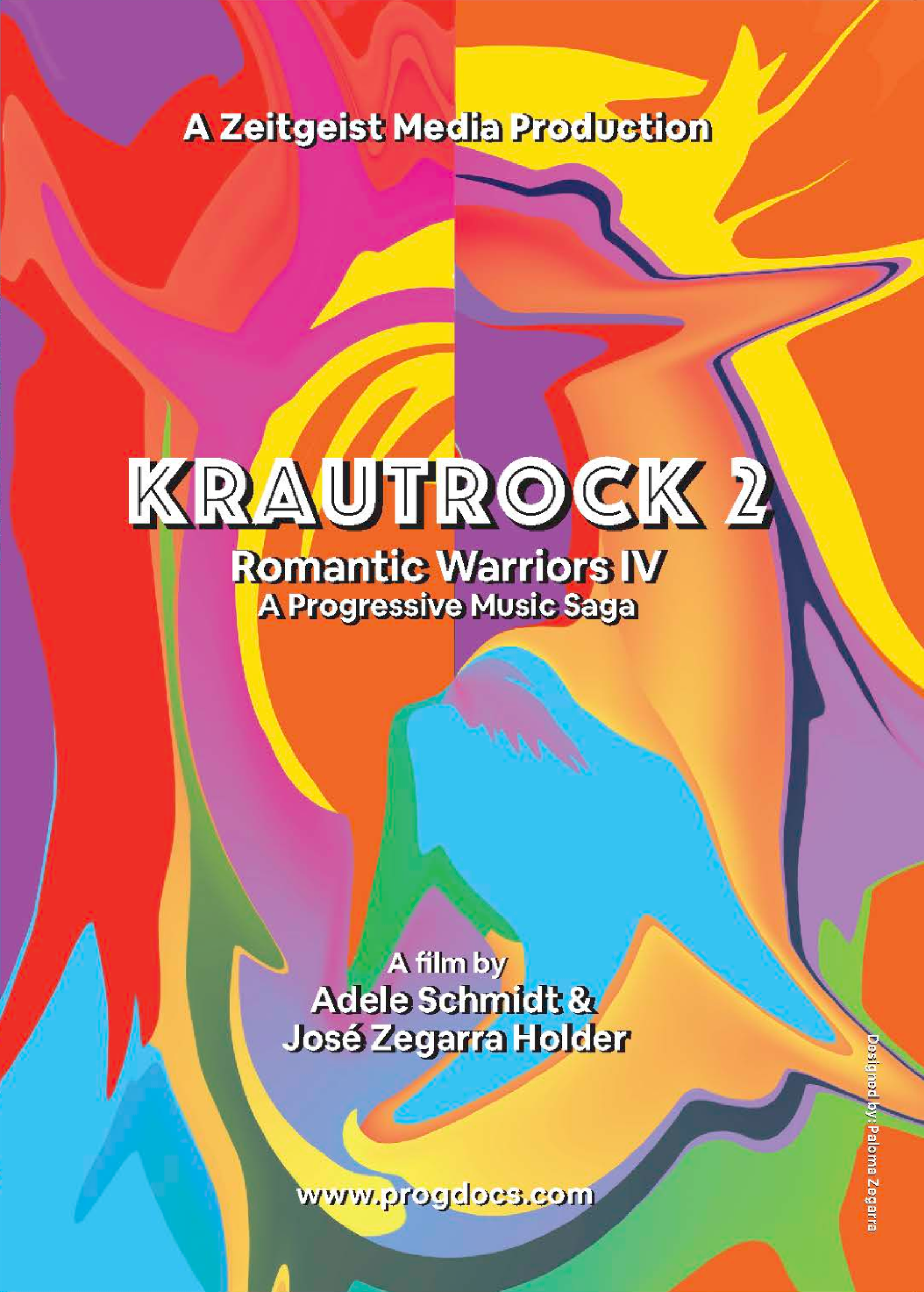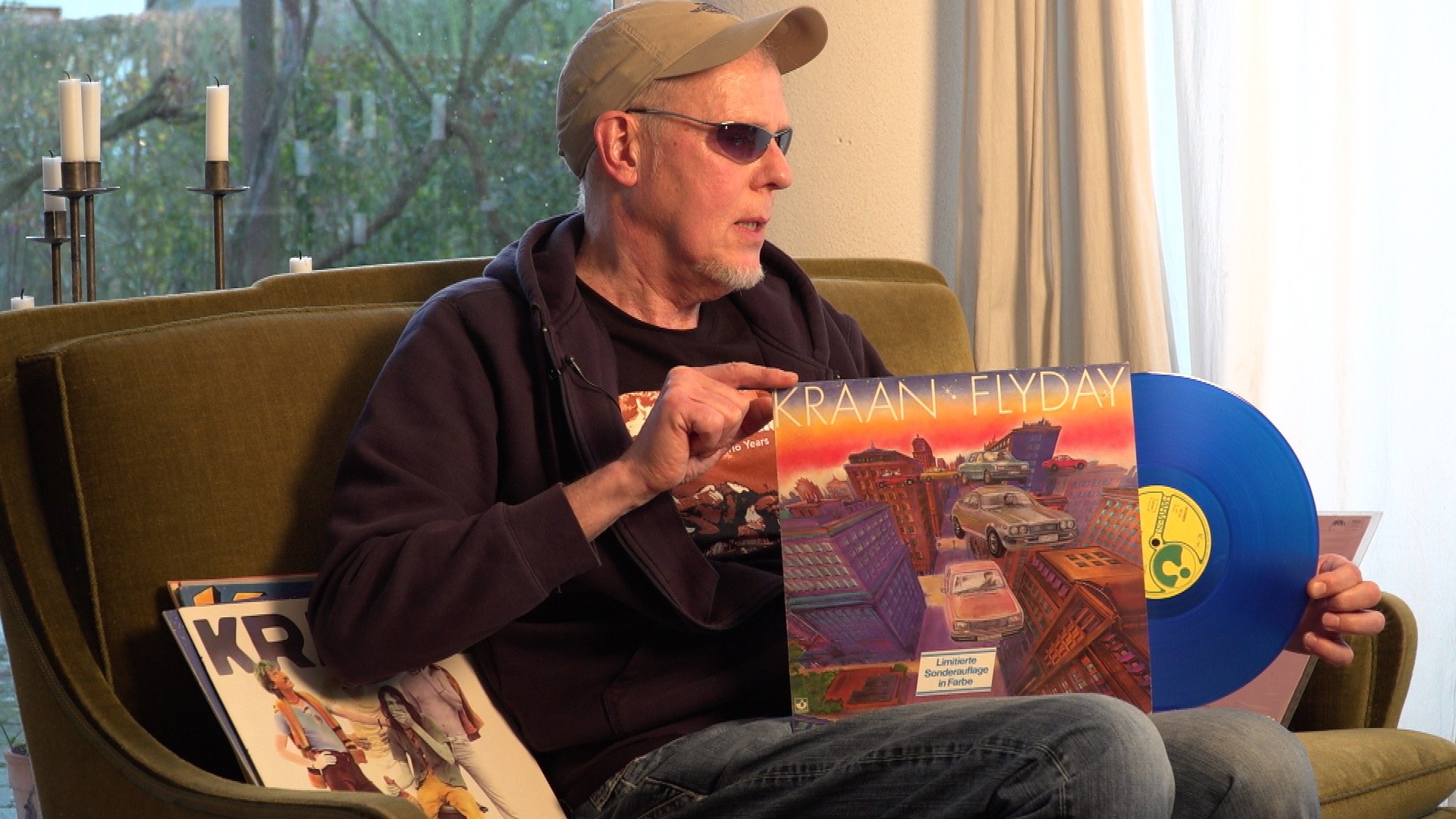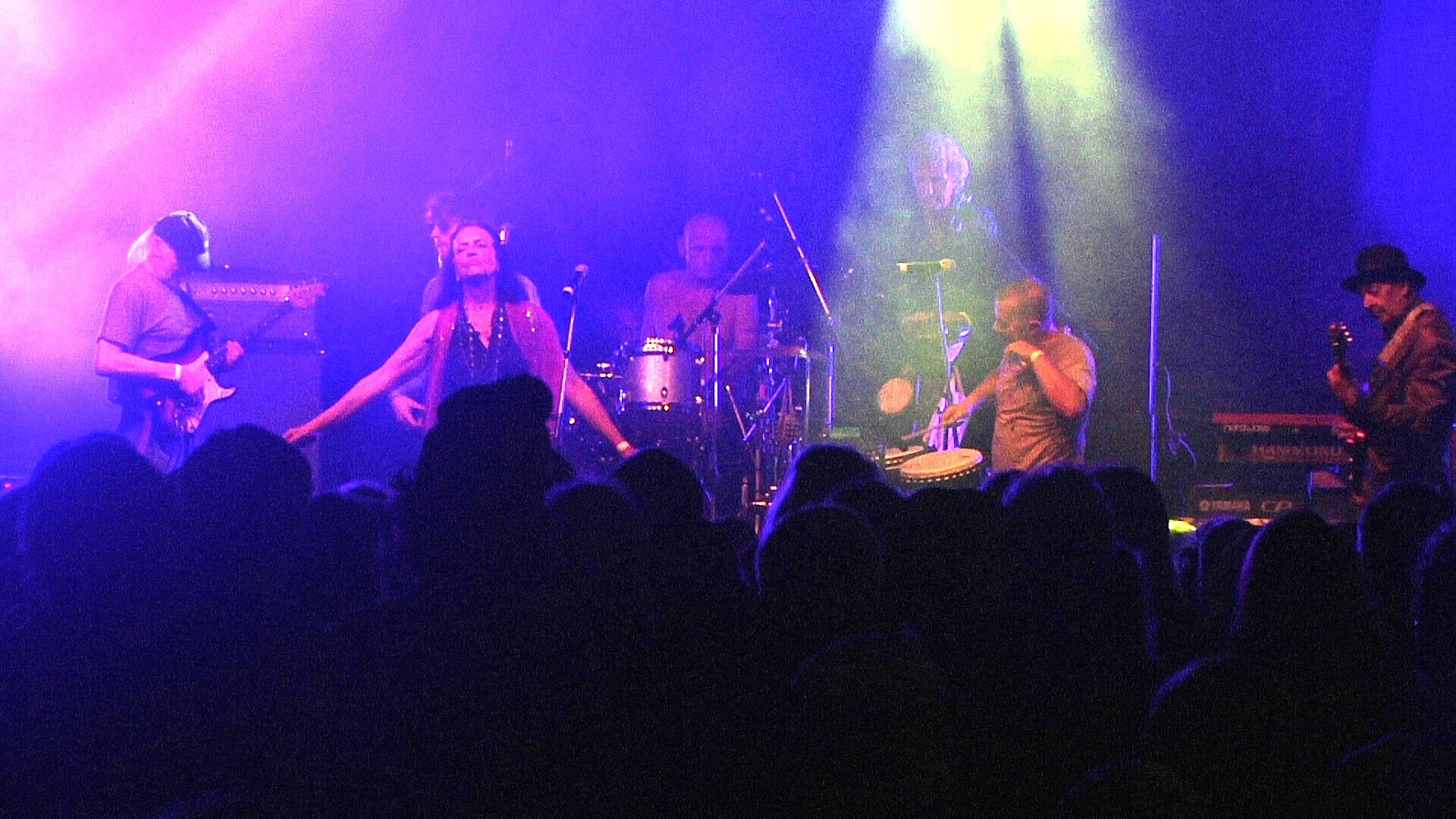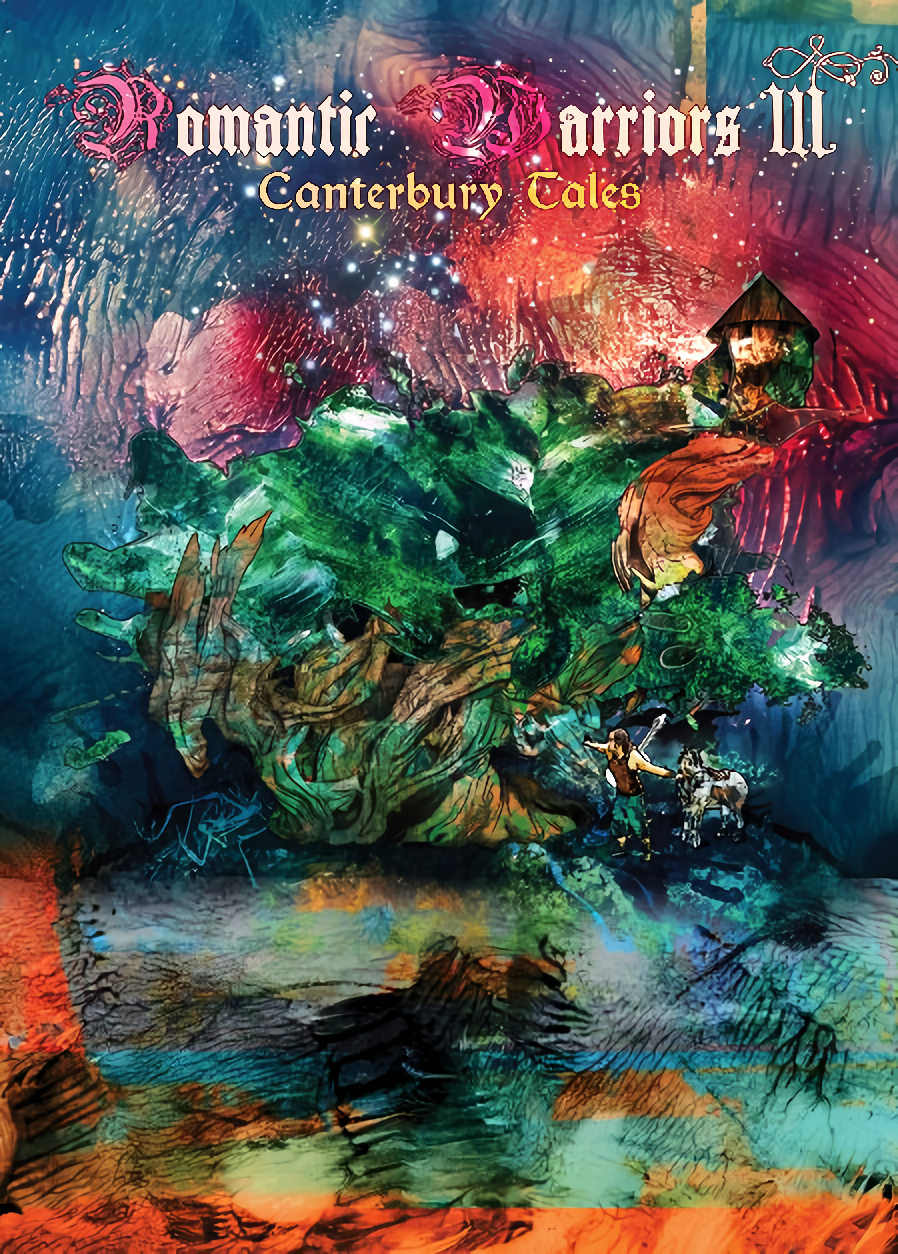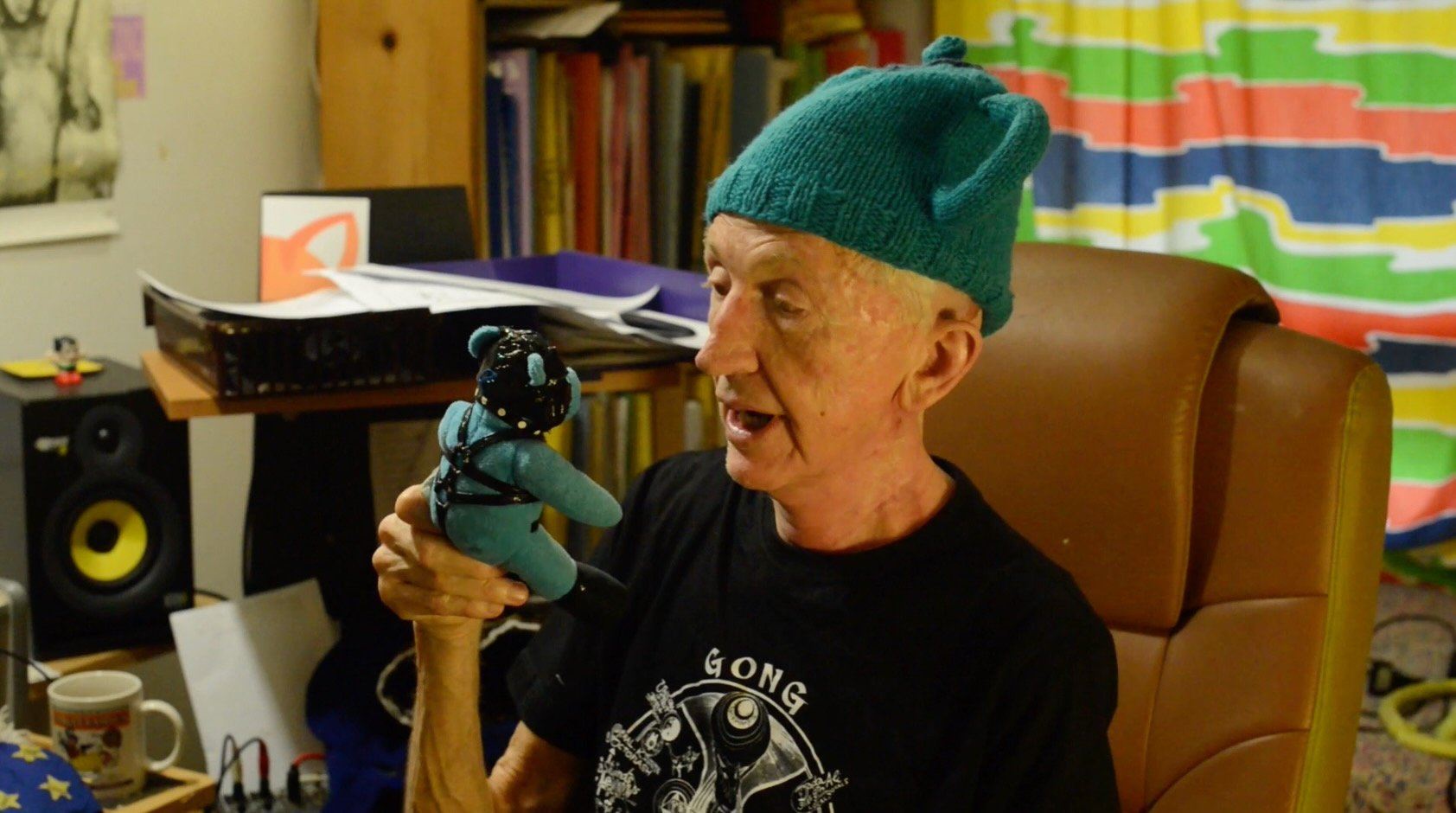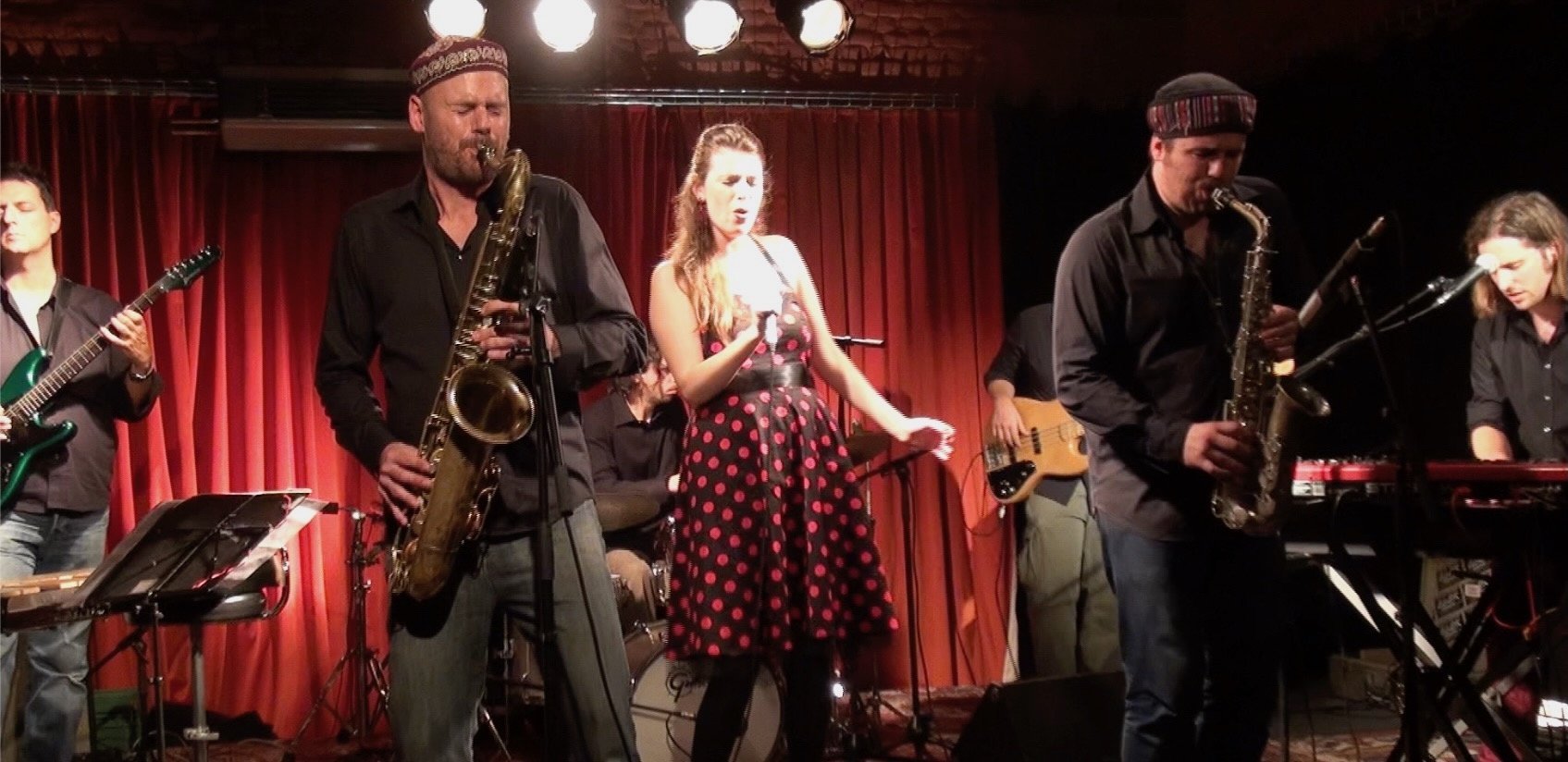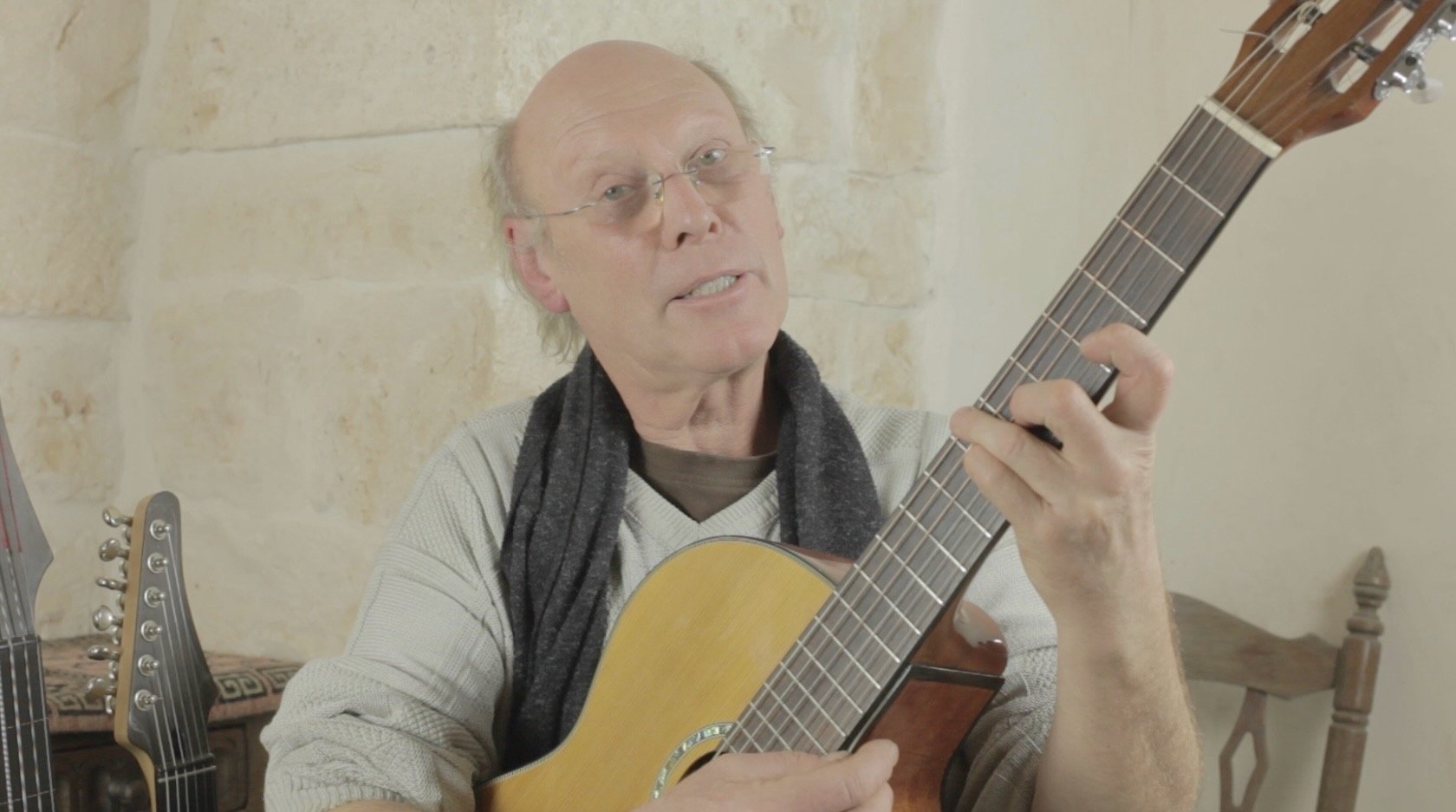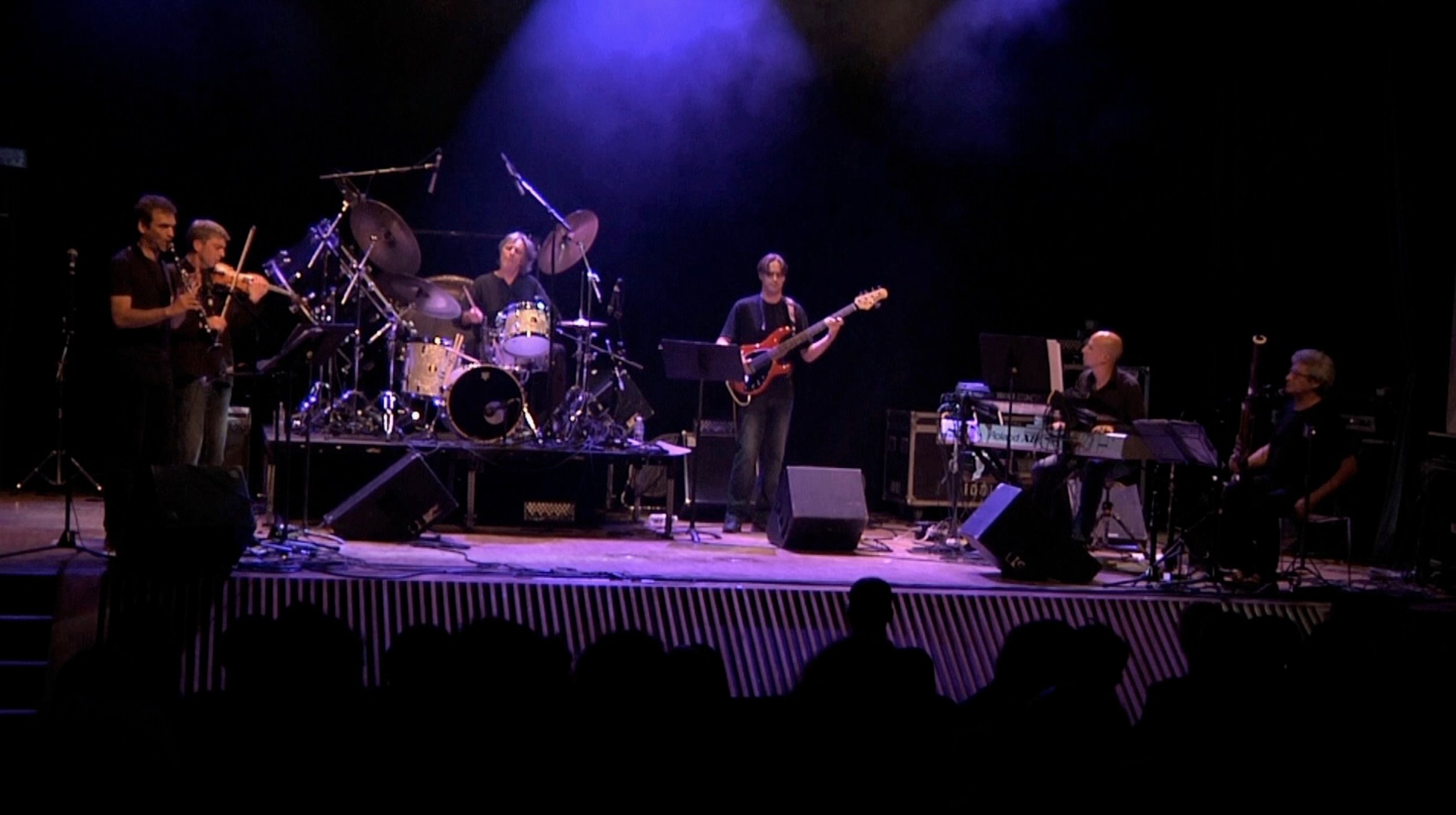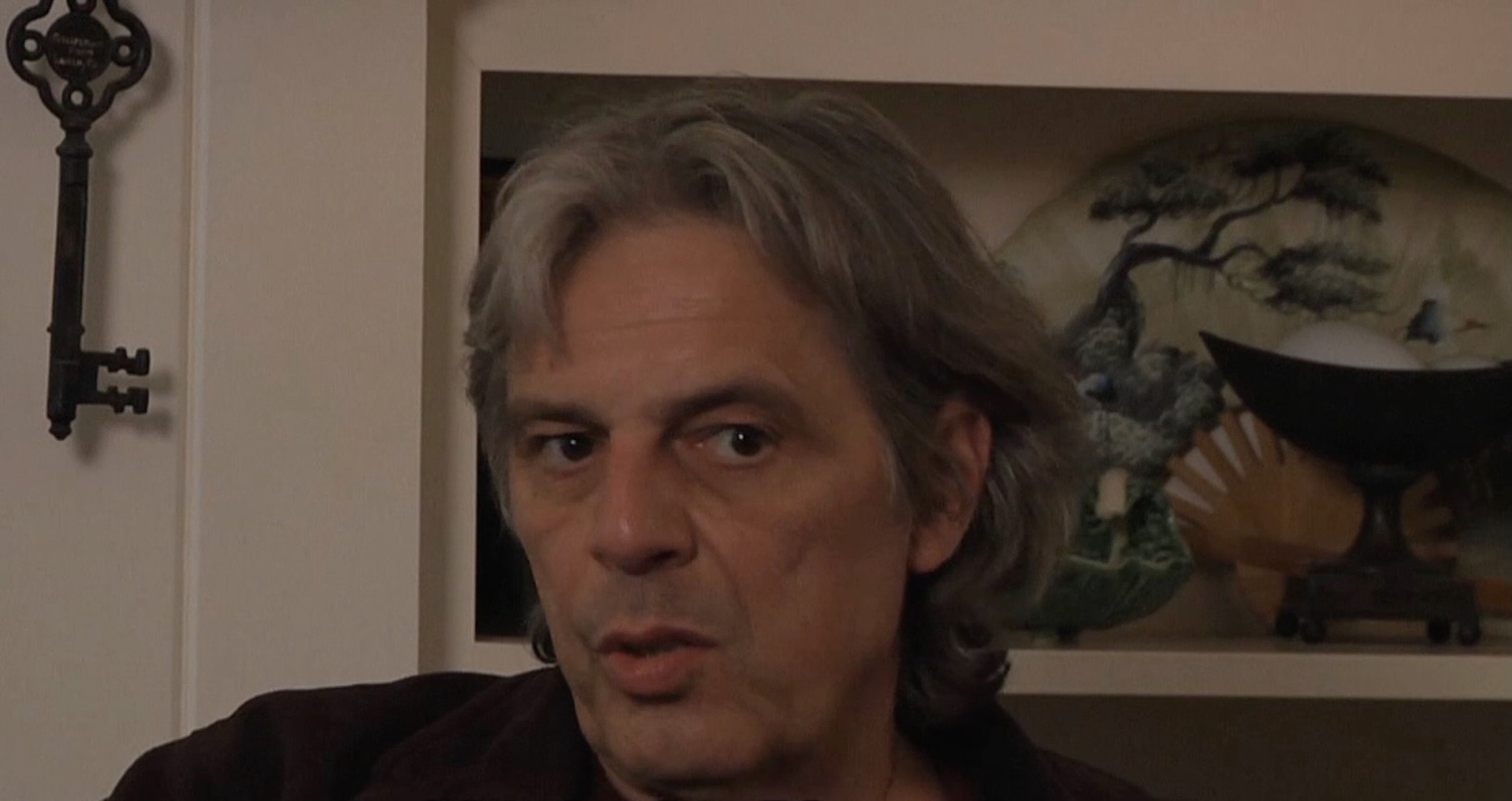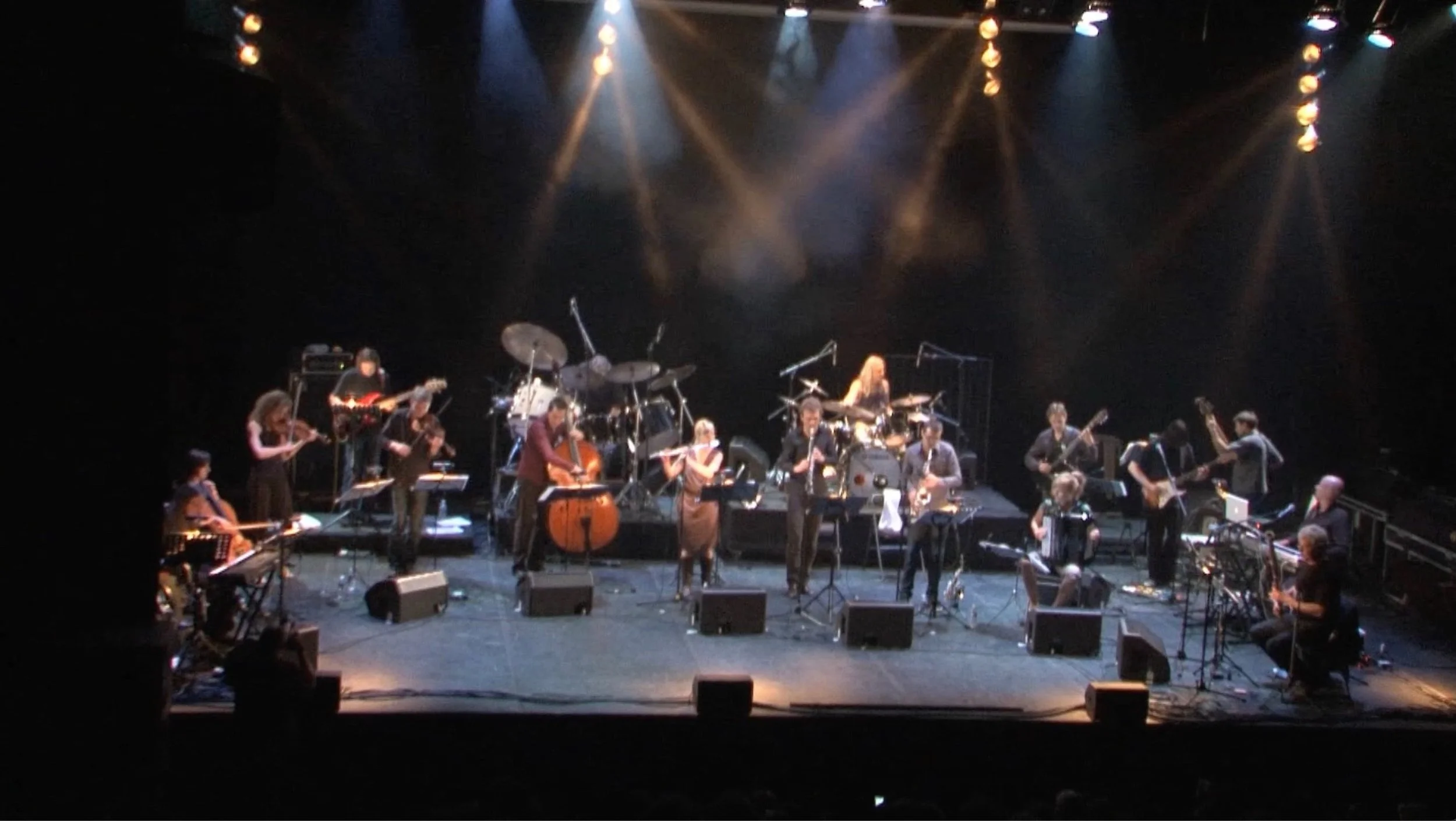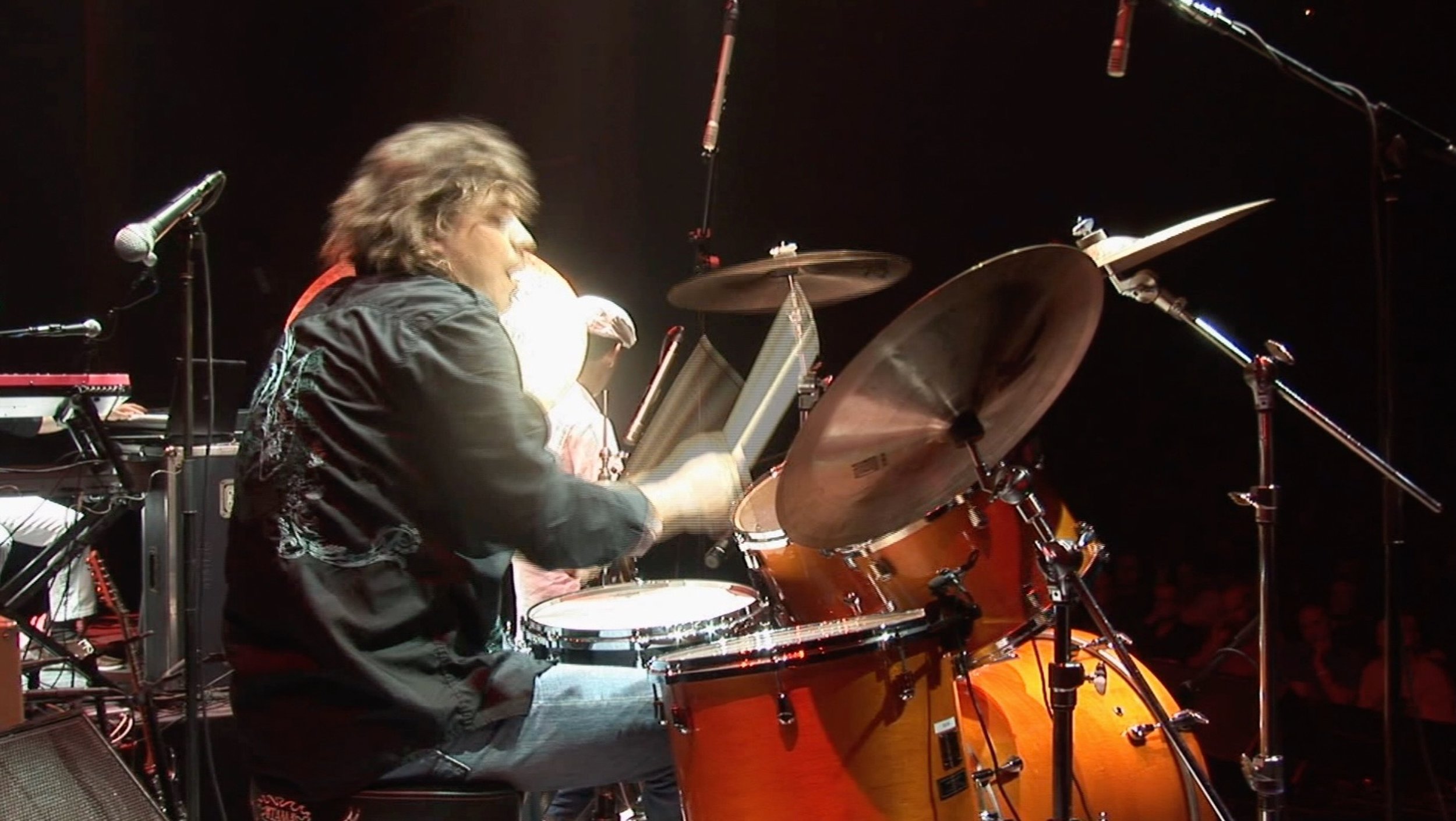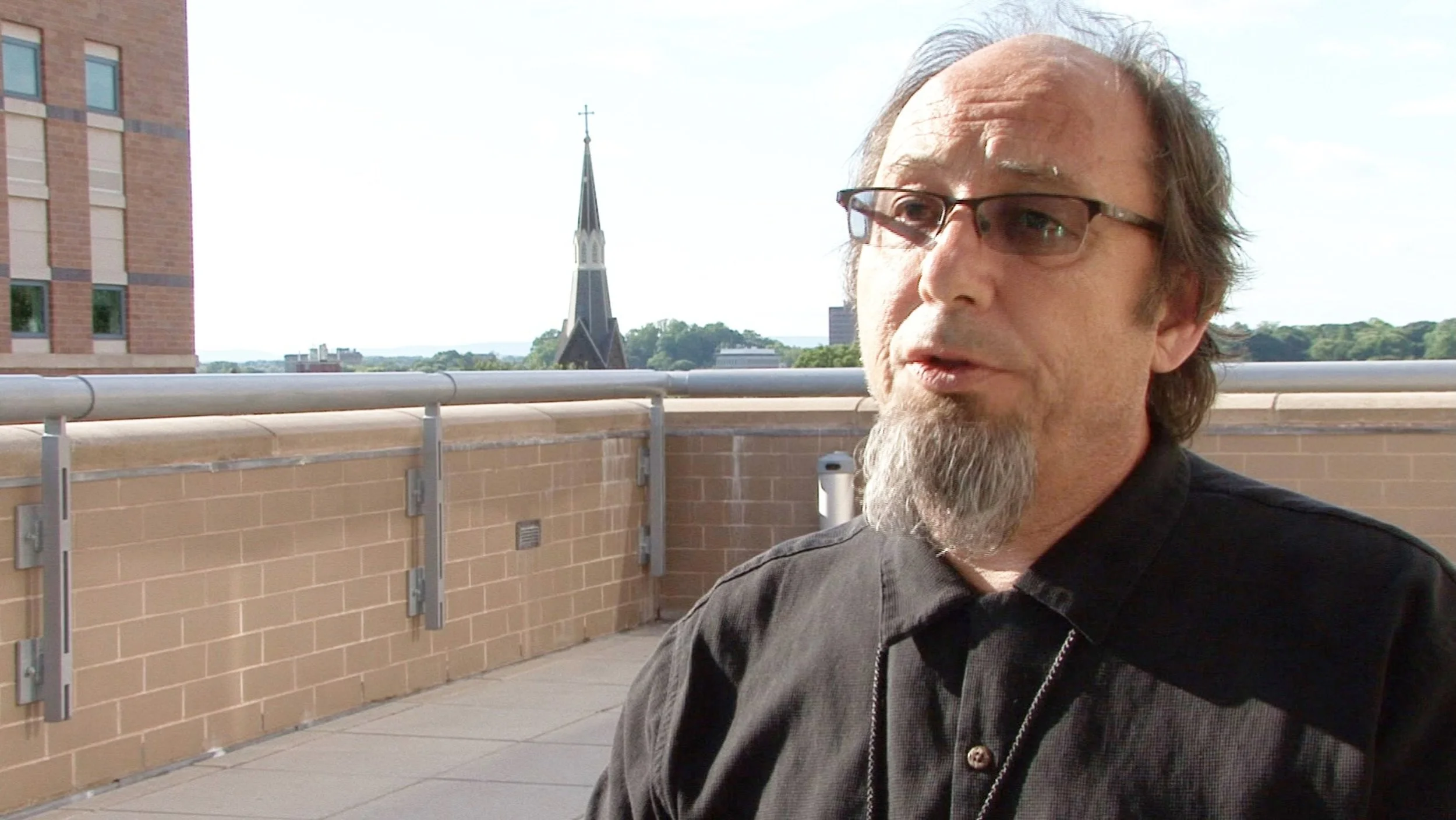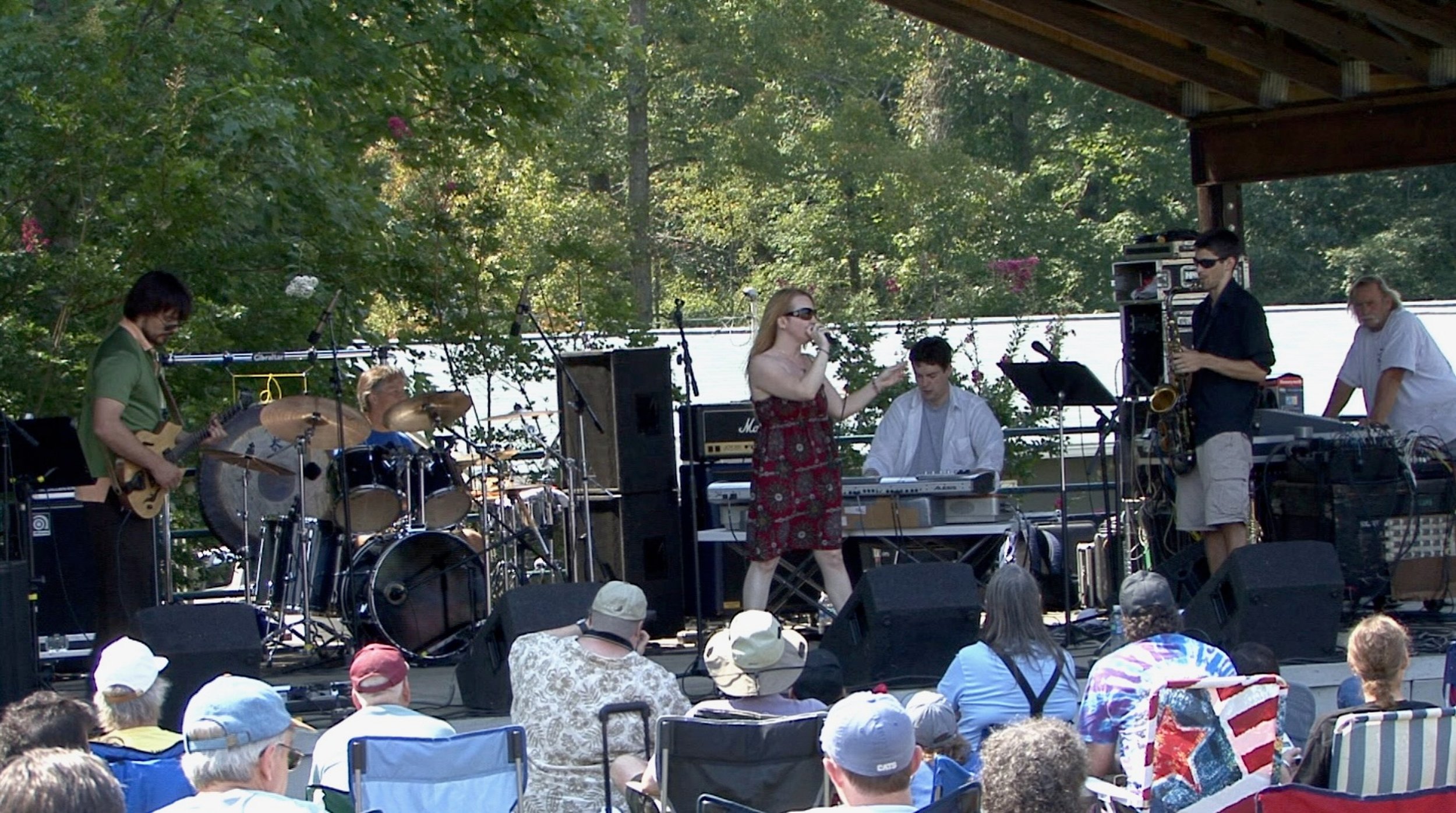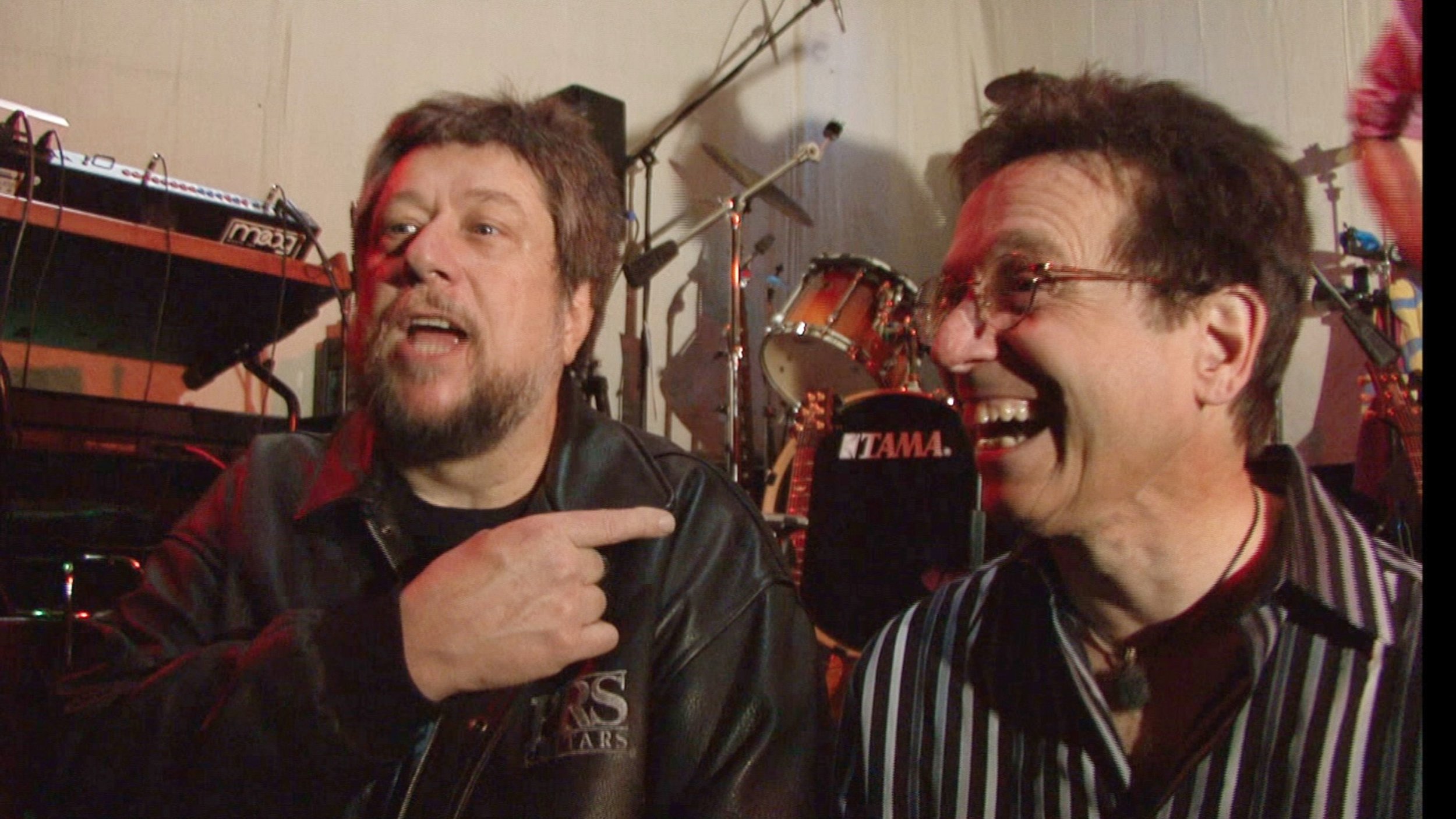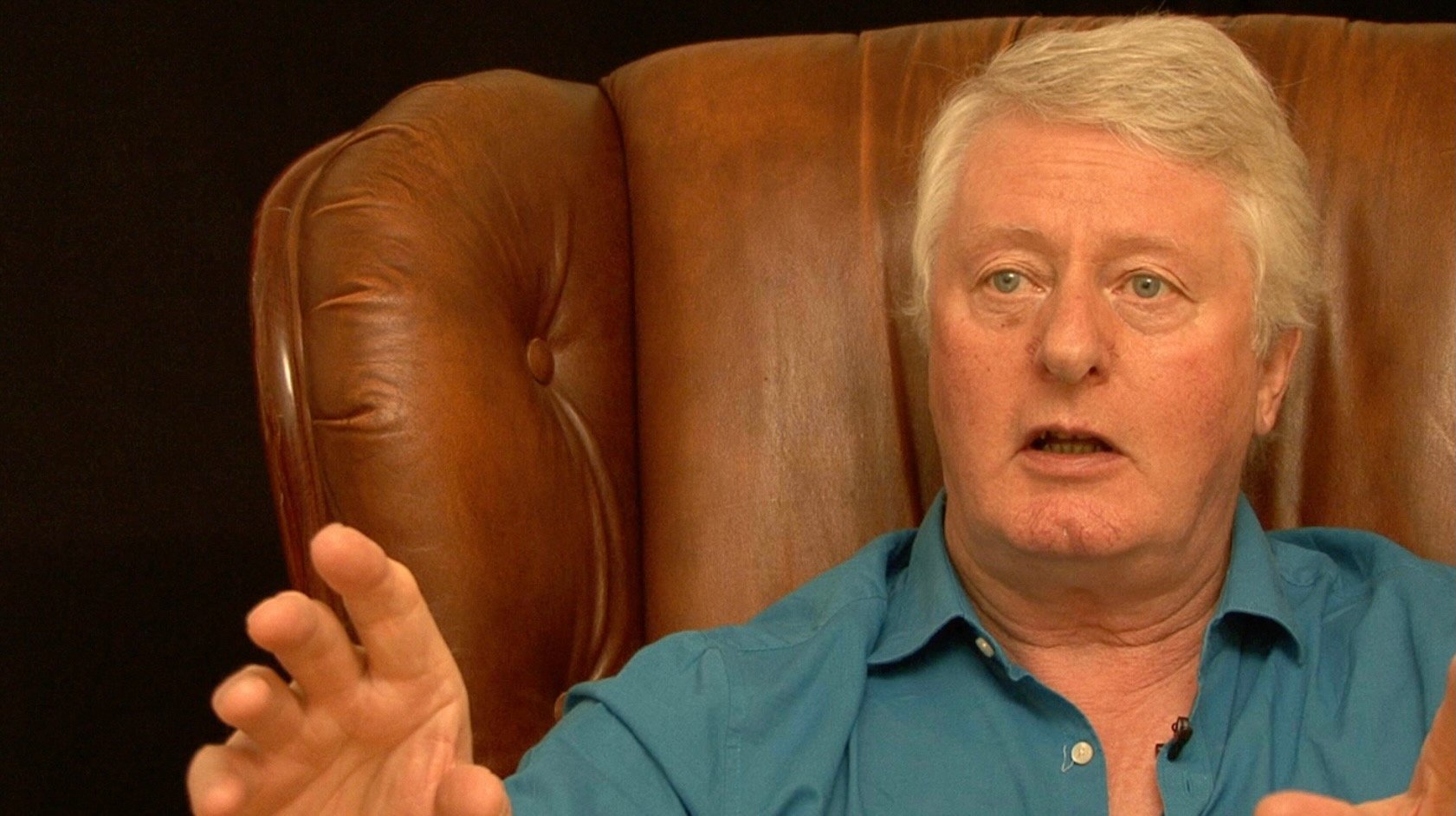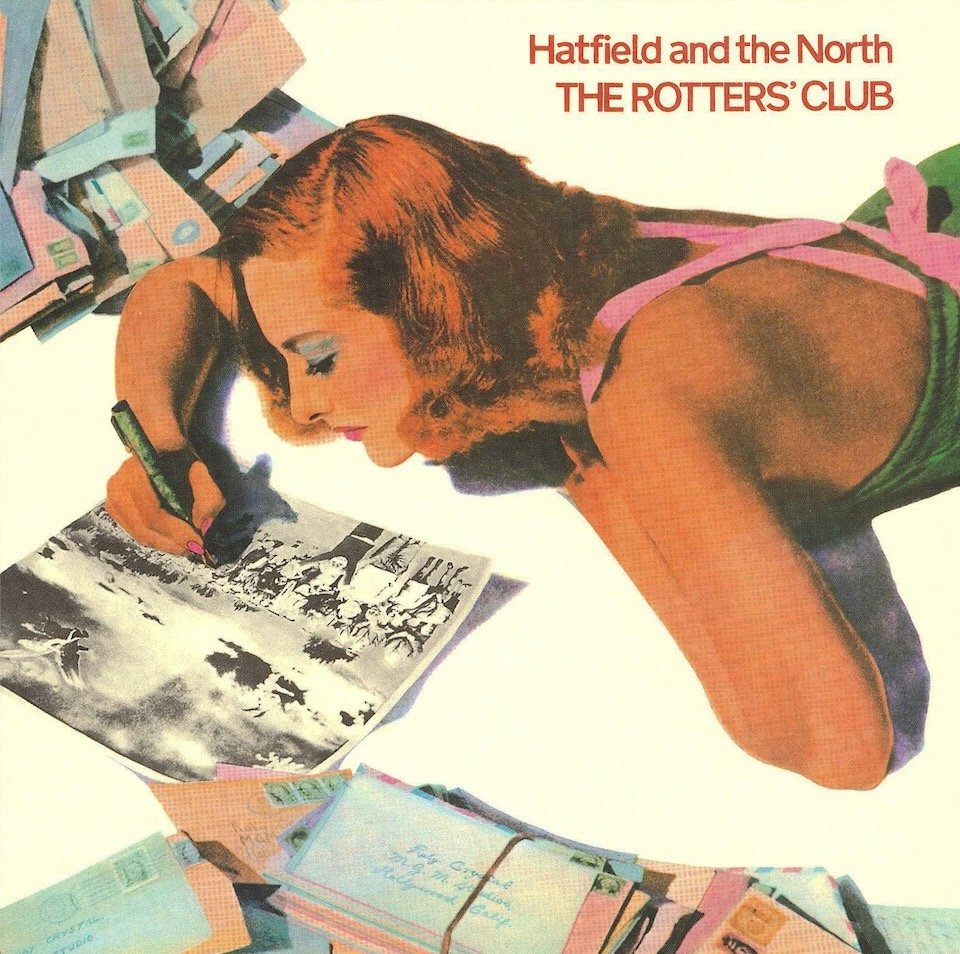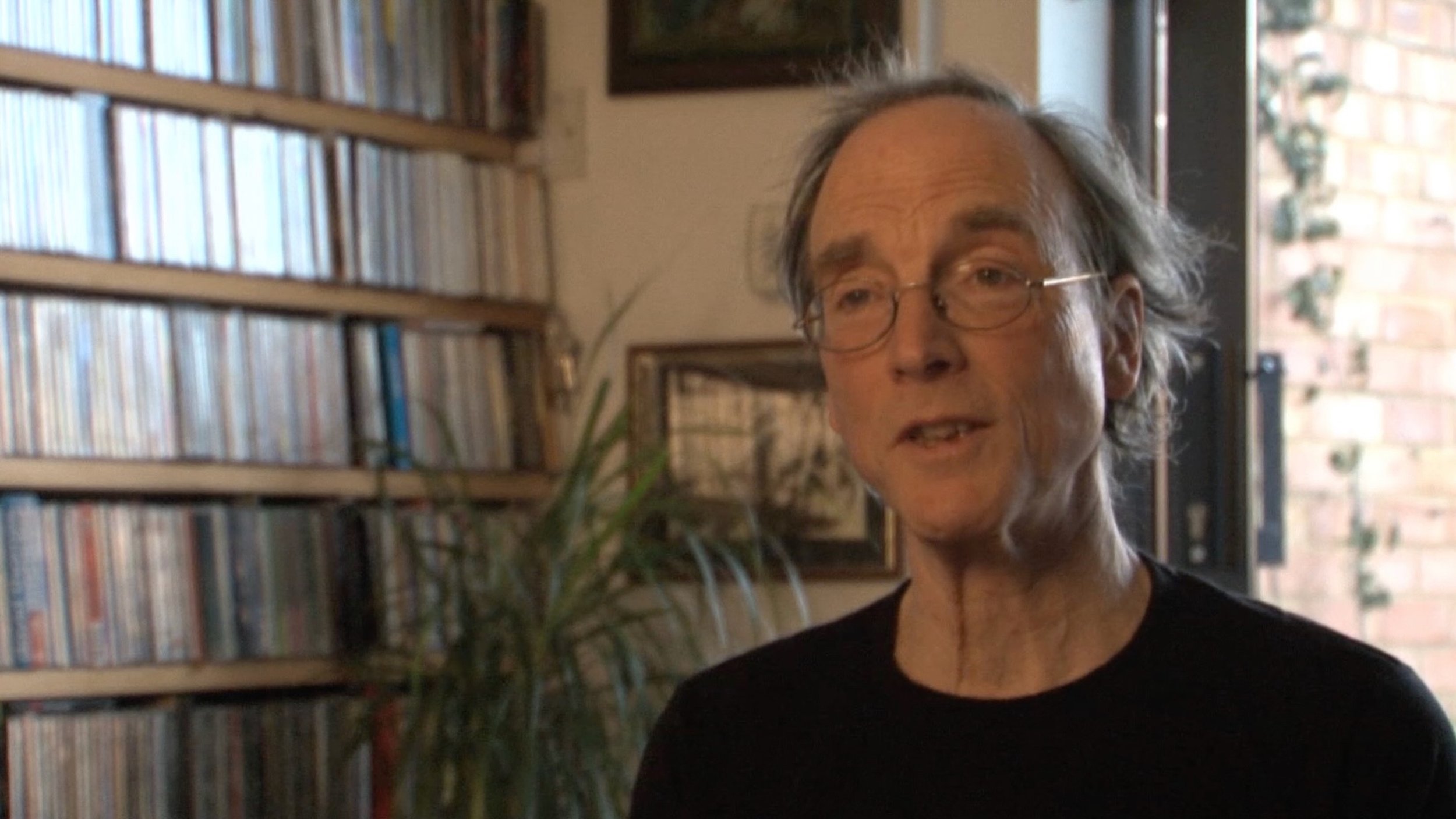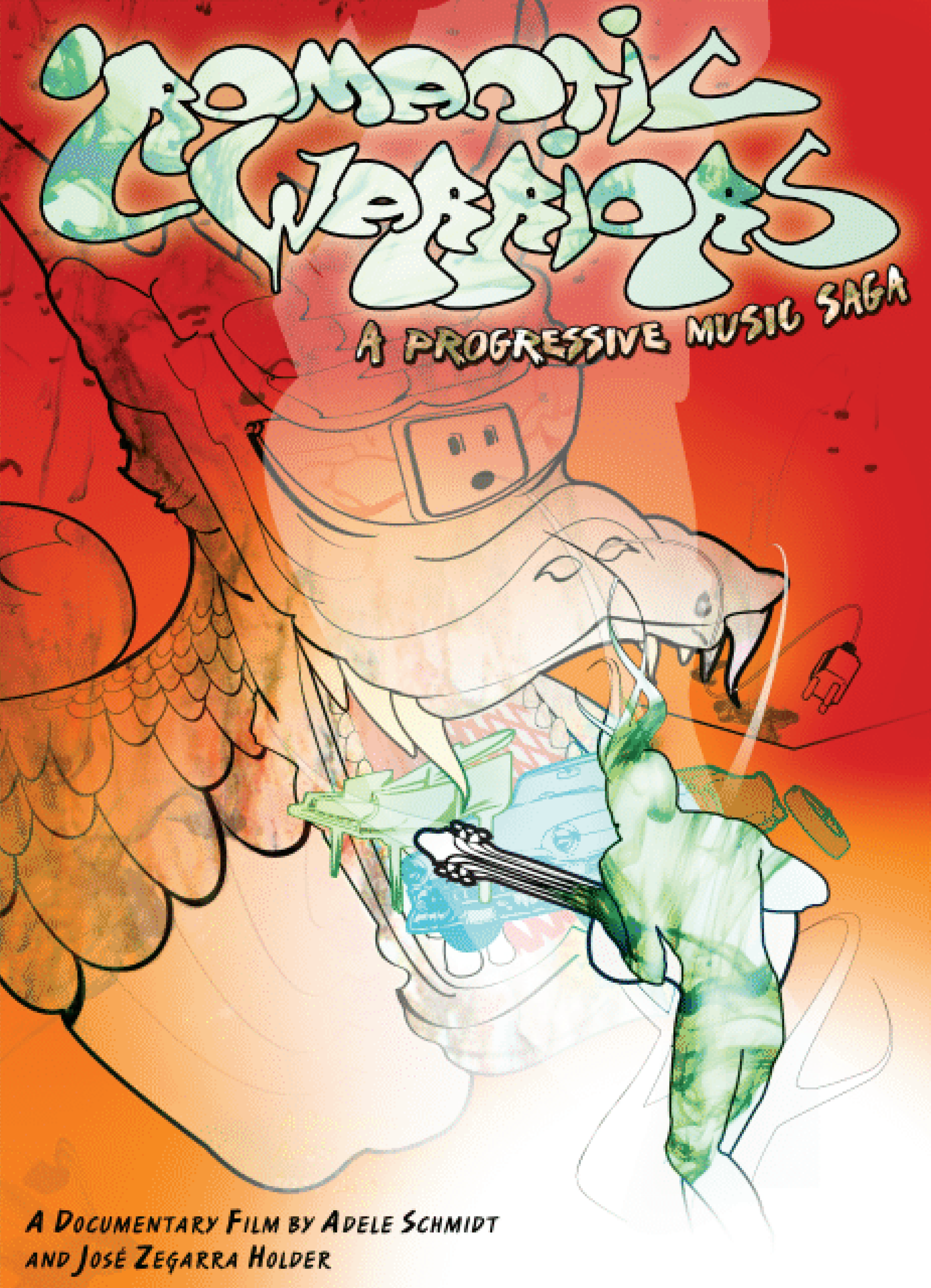Romantic Warriors: A Progressive Music Saga
The "Romantic Warriors" series, created by Adele Schmidt and José Zegarra Holder, is a collection of full-length documentaries focusing on progressive rock and its wider impact as an art form, cultural expression, and social trend. This series showcases the creators' passion for a musical genre that, despite experiencing a resurgence in the early 21st century, has not reclaimed the mainstream success it enjoyed during its peak in the 1970s. The documentaries have been well-received by dedicated fans of progressive rock and have also attracted interest from those beyond the core fan base.
The Krautrock Trilogy
The Krautrock Trilogy is a series of three documentaries exploring the revolutionary German Krautrock bands of the late 1960s and early 1970s. This movement merged psychedelic, electronic, jazz, folk, and noise music into a unique sound known as Krautrock, characterized by its diverse range from post rock to ambient electronica and industrial noise. Pioneering synthesizer use, these bands laid the foundation for unheard music and profoundly influenced Western pop music, inspiring Electronica, Techno, minimalism, and artists like David Bowie and Talking Heads. The Krautrock scene thrived in Berlin, Hamburg, Düsseldorf, and Munich.
Romantic Warriors IV: Krautrock 3 (2024) explores Berlin's rebellious music scene (1968-1971), focusing on bands and musicians like Tangerine Dream, Klaus Schulze, Agitation Free, Günther Schickert and venues like the Zodiak. It includes Achim Reichel of the Hamburg scene, known for his work with The Rattles and A.R. & Machines, pioneered the ECHO Guitar technique, drawing parallels to Kraftwerk and Tangerine Dream. Hans-Joachim Roedelius, a key pioneer of Krautrock, started the band Kluster in 1969 with Conrad Schnitzler and Dieter Moebius. Kluster, a pivotal group from the early days of the Krautrock movement, later evolved into Cluster after Roedelius and Moebius split from Schnitzler. Cluster's influential mid-period albums, like "Zuckerzeit" and "Sowiesoso," were instrumental in shaping electro-pop. Additionally, Roedelius's collaboration with Neu! guitarist Michael Rother in Harmonia produced a softer, cosmic sound that influenced Brian Eno's ambient music explorations. Tangerine Dream's significant contributions to electronica and their adoption of digital technology are detailed by Jerome Froese and Johannes Schmoelling. Klaus Schulze's evolution from Tangerine Dream to a solo digital artist is also featured. Günther Schickert discusses his early days in Berlin's music scene and his innovative use of the ECHO guitar. Agitation Free, known for their psychedelic Krautrock, is represented by Lutz Graf-Ulrich and Michael Hoenig, who speak about their experimental sound mixing with ethnic music influences. The Cosmic Jokers' LSD-influenced performances are highlighted by Harald Grosskopf, along with his Cult album Synthesist. Embryo's fusion of world music with Krautrock and their influence on the world music genre is introduced by founder Chris Burchard and his daughter Marja. Finally, the documentary covers the English progressive rock band Nektar, featuring insights from Roy Albrighton, Derek “Mo” Moore, and Ron Howden on their success in Germany and the USA and their influence on the progressive rock genre. The documentary weaves these narratives to showcase the lasting legacy of the Krautrock era in shaping diverse music styles and artists well into the 1970s and beyond.
USA, 126 minutes, NTSC, ALL Regions DVD (English Subtitles, Sottotitoli in Italiano, Français Sous-titré)
Romantic Warriors IV: Krautrock 2 (2021), the second installment in the trilogy, explores the roots and development of Krautrock in the South of Germany, particularly in Munich, focusing on bands like Amon Düül II, Popol Vuh, Guru Guru, Xhol Caravan, and Kraan, among others.
The film spotlights the seminal Internationale Essener Songtage festival of 1968. This event, featuring acts like Frank Zappa and The Mothers of Invention, Tangerine Dream, and Amon Düül II, marked the first significant rock and pop festival in Europe and set the stage for Rolf-Ulrich Kaiser's influential role in the Krautrock movement. The documentary also features interviews with the Freeman brothers, who have extensively chronicled Krautrock through their record store, magazine, and books.
The film includes performance footage and interviews detailing the history of Amon Düül II, from its origins as a commune to its split into political and musical branches. It similarly explores the journey of Xhol Caravan/Soul Caravan/Xhol, highlighting their transition from soul to psychedelic music and the influence of LSD on their work.
The Witthüser & Westrupp story unfolds next, revealing their evolution from a busking folk duo to pioneers of the genre under the guidance of Rolf-Ulrich Kaiser and others. Guru Guru and its leader Mani Neumeier are profiled, showcasing Neumeier's drumming evolution and the band's inspiration from Jimi Hendrix and the Essener Songtage festival. The documentary also covers the Finkenbach festival, curated by Neumeier, and features Electric Orange, a band influenced by the Krautrock sound. Popol Vuh's transition from electronic to spiritual music and its collaborations with Werner Herzog are detailed through interviews and archival material. Finally, Kraan's story, told by bassist Hellmut Hattler, bridges the gap between Krautrock and jazz fusion, emphasizing the band's longevity and musical evolution.
USA, 126 minutes, NTSC, ALL Regions DVD (English Subtitles, Sottotitoli in Italiano, Français Sous-titré)
Romantic Warriors IV: Krautrock (Part 1) (2019) explores the origins and evolution of Krautrock in the 70s, featuring key figures and bands of the Düsseldorf/Cologne area, like Can, Kraftwerk, and Neu!, among others. The documentary also highlights the influence of Krautrock on contemporary music, concluding with a look at modern acts inspired by the movement.
The history of the band Can features commentary from Irmin Schmidt, Jaki Liebezeit, and Malcolm Mooney, and includes vintage performances and discussions about their albums "Monster Movie" and "Delay 1968." Following Malcolm Mooney's departure, Damo Suzuki discusses his time with the band, focusing on "Tago Mago" and their efforts to diverge from American rock influences. The narrative then covers the albums "Ege Bamyasi" and "Future Days," leading up to "Soon Over Babaluma," recorded without a vocalist. Sound engineer René Tinner discusses the evolution of Can's sound, especially with the addition of Rosko Gee and Rebop Kwaku Baah and their first multi-track studio album "Landed," is highlighted. Damo Suzuki's Network is featured with live clips and discussions about his collaborative approach during tours.
A segment on Floh de Cologne, emphasizes their unique perspective of being actors rather than musicians, and offers an in-depth look at Kraftwerk through interviews with Wolfgang Flür and Eberhard Kranemann. It touches on Kraftwerk's significant albums and introduces Krautwerk, formed by Harald Grosskopf and Kranemann, with a mix of interviews and performances. Further discussions include Neu!, with insights from Michael Rother and Stephan Plank (son of sound engineer Conny Plank), and the formation, music, and breakup of La Düsseldorf. Faust's story is extensively covered, including their label transitions and collaborations. The episode concludes with a spotlight on the Krautrock-inspired duo Wume and a farewell from Floh de Cologne.
USA, 129 minutes, NTSC, ALL Regions DVD (English Subtitles, Sottotitoli in Italiano, Français Sous-titré)
Romantic Warriors III: Canterbury Tales (2015) is a documentary that delves into the Canterbury scene, an essential progressive rock movement starting with The Wilde Flowers and evolving into major bands like Soft Machine and Gong. Featuring exclusive performance footage, photos, recordings, and interviews with musicians of the era, the film provides an in-depth look at the scene's evolution. It covers the transition from The Wilde Flowers to the formation of influential bands and their global impact, including the creation of Caravan and the influence on groups like Moving Gelatine Plates and Supersister. The documentary also explores the scene's expansion with bands like Uriel, Arzachel, Egg, Hatfield and the North, and National Health, detailing changes in band line-ups and musical directions. Highlighting interviews with key members from the scene and its influence on contemporary musicians, the film shows the genre's lasting appeal and the music industry's challenges.
USA, 118 minutes, NTSC, ALL Regions DVD (English Subtitles, Subtitulos en Español, Français Sous-titré)
Romantic Warriors II:
About Rock in Opposition
Romantic Warriors II: A Progressive Music Saga About Rock in Opposition (2012) is a documentary that dives into the Rock in Opposition (RIO) movement, started in 1978 by the English experimental rock band Henry Cow. The movement began with a festival in London featuring Henry Cow and four other avant-garde European bands: Etron Fou Leloublan from France, Samla Mammas Manna from Sweden, Stormy Six from Italy, Art Boyd from France, and Aksak Maboul, Present and Univers Zero from Belgium. Chris Cutler of Henry Cow details in the film how RIO was born out of a necessity for experimental groups to find performance opportunities and support outside of mainstream music industry channels. Featured are the lead members of the above mentioned bands, including Daniel Dennis, Roger Trigaux, Michel Berckmans, Andy Kirk, Costa Apetrea, Franco Fabbri, Marc Hollander, and Ferdinand Richard. French progressive rock band Magma is also featured, and while never a member of RIO, the film shows through interviews with Magma founders Christian Vander and Stella Vander how Magma shared the same philosophy of the RIO bands and how they were a big influence on RIO as they taught them how to operate outside the music industry.
Although RIO ceased to function as an organization by 1980, the ethos and support structures it created continued to influence music. Independent labels like Recommended Records, Crammed Discs, and Cuneiform Records emerged to promote avant-garde musicians. The film also highlights the role of Giorgio Gomelsky in expanding the reach of RIO-influenced music to the US, helping to establish a vibrant avant-garde music scene in New York City.
The documentary also showcases bands and musicians that have operated in the spirit of RIO, including Miriodor, Thinking Plague, and Sleepytime Gorilla Museum, emphasizing the lasting impact of Henry Cow and other RIO bands on their music. It discusses the evolution of "avant-prog" as a subgenre of progressive rock, directly linked to the RIO movement, and features the formation of collaborative groups like Once Upon a Time in Belgium, which underscores the enduring collaborative spirit of RIO. Interviewees include Michael Johnson, Dave Willey of Thinking Plague, Paul Sears of The Muffins, Carla Kihlstedt and Matthias Bossi of Sleepytime Gorilla Museum, and Joris Vanvinckenroye, Dave Kerman and Jana Arles from Aranis, among others.
"Romantic Warriors II" also covers RIO reunion festivals held in Carmaux, France, from 2007 through 2013, highlighting performances and the premiere of Once Upon a Time in Belgium, demonstrating the continued relevance and influence of RIO on the progressive music landscape.
USA, 98 minutes, NTSC, ALL Regions DVD (English Subtitles)
Romantic Warriors: A Progressive Music Saga (2010) offers a comprehensive look at the state of progressive rock in the late 2000s, exploring its historical roots, artistic depth, and the dedicated community sustaining its resurgence globally. Through detailed examination of its musical intricacies, influential albums, and key figures, alongside the challenges and triumphs faced by artists and organizers in the contemporary scene, the documentary paints a vivid picture of a genre that continues to innovate and inspire despite industry hurdles.
The film delves into the world of progressive rock, showcasing its cultural, social, and artistic aspects through interviews and live performance footage primarily from venues across the US East Coast between 2007 and 2009. Highlighting the genre's roots in the late 1960s with seminal works like The Mothers of Invention's "Freak Out!" and The Beatles' "Sgt. Pepper's Lonely Hearts Club Band," the documentary emphasizes progressive rock's classical music influences and its penchant for lengthy, complex compositions over traditional song structures. It traces the genre's expansion from the UK to global prominence, documenting its evolution and various sub-genres over four decades.
It is structured into five chapters, with four focusing on key venues and festivals that have played pivotal roles in the progressive rock resurgence of the early 21st century. These include the Rites of Spring festival in Pennsylvania, Baltimore's Orion Sound Studios, the ProgDay outdoor festival in North Carolina, and the North East Art Rock Festival in Pennsylvania. A special chapter centers on the iconic band Gentle Giant, featuring 1970s live footage and an interview with guitarist Gary Green.
Romantic Warriors also highlights the genre's international reach, featuring bands from Italy, Sweden, Mexico, and Japan, alongside a vibrant US scene. Among the interviewees it includes members of Mexican band Cabezas de Cera, Dan Britton of Deluge Grandeur, Fabio Zuffanti of Italian band Maschera di Cera, Paul Sears of The Muffins, Members of Chicago band Cheer-Accident, Members of Italian band D.F.A., Roine Stolt of Swedish bands The Flower Kings and Karmakanic, Frank Wyatt and Stan Whitaker from Happy The Man and Oblivion Sun, Phideaux, and Rob Martino, among others. It explores various prog sub-genres, from symphonic rock to avant-garde and jazz-fusion. Contributors include label owners, festival organizers, musicians, and dedicated fans who underscore the genre's revival and its DIY ethos amidst the challenges posed by the modern music industry, technological changes, and the issue of illegal downloading.
USA, 95 minutes, NTSC, ALL Regions DVD (English subtitles)



